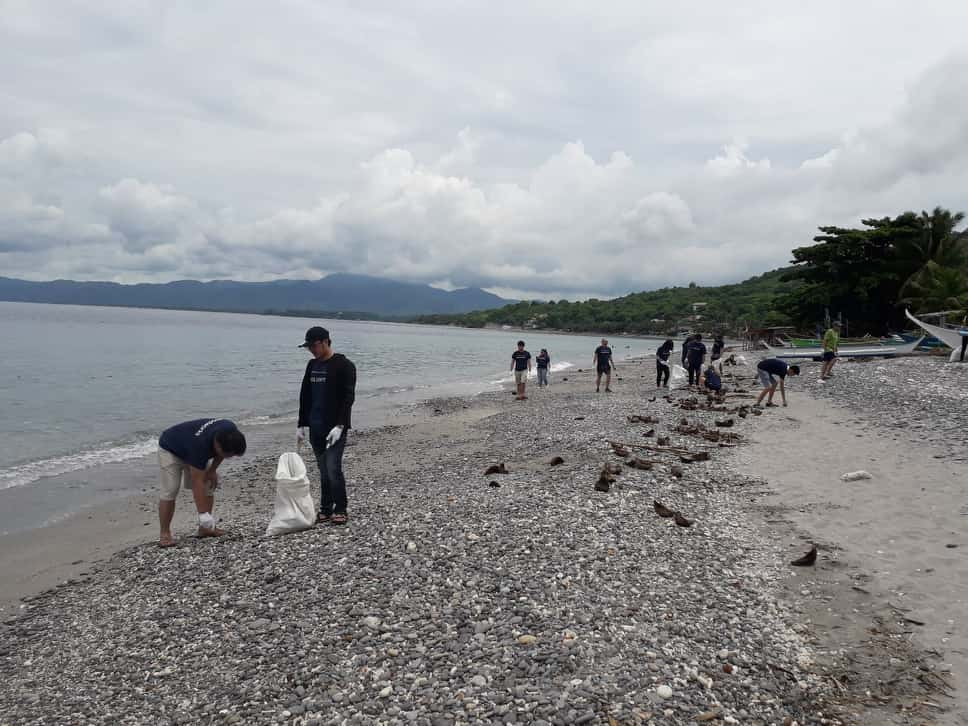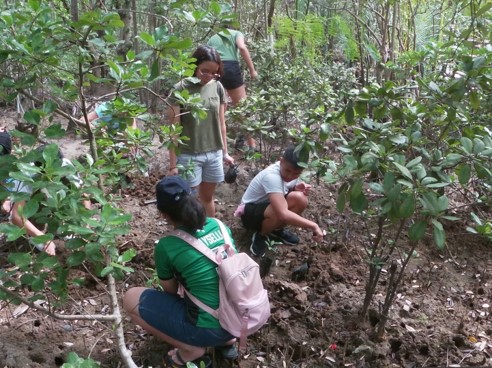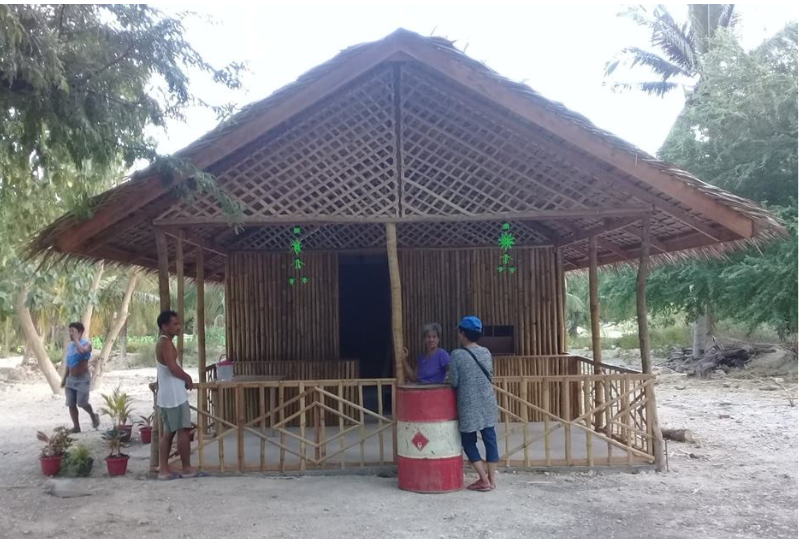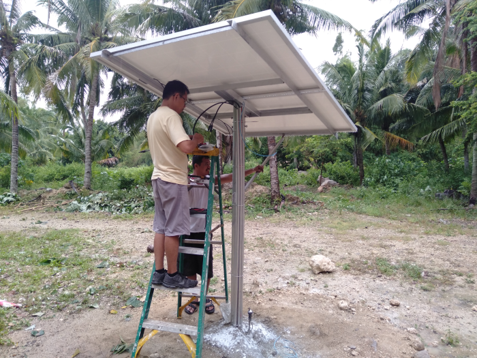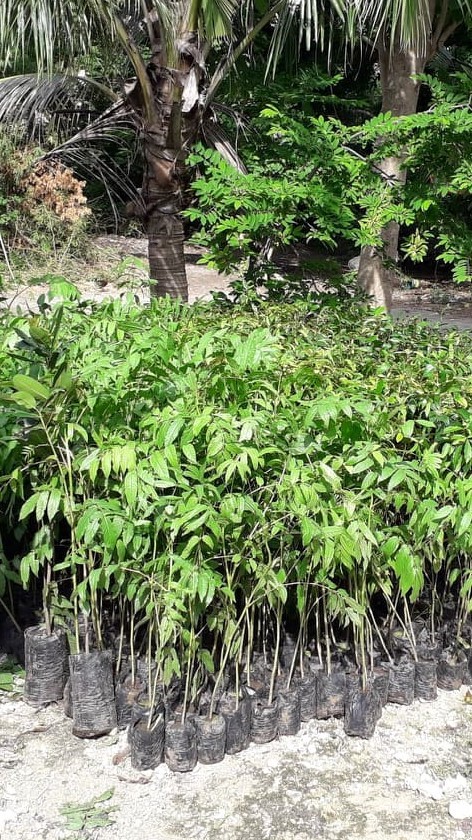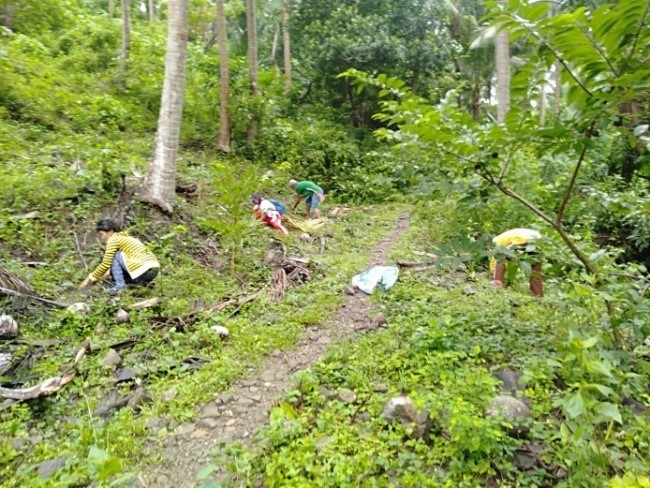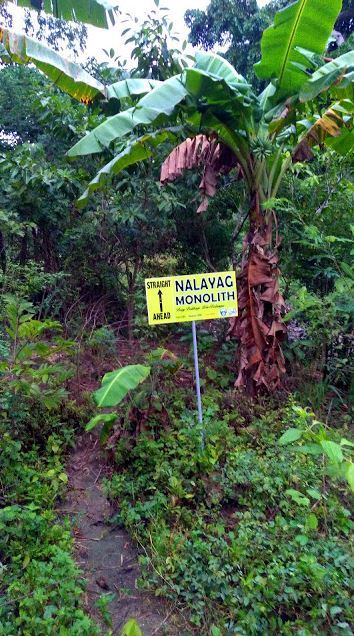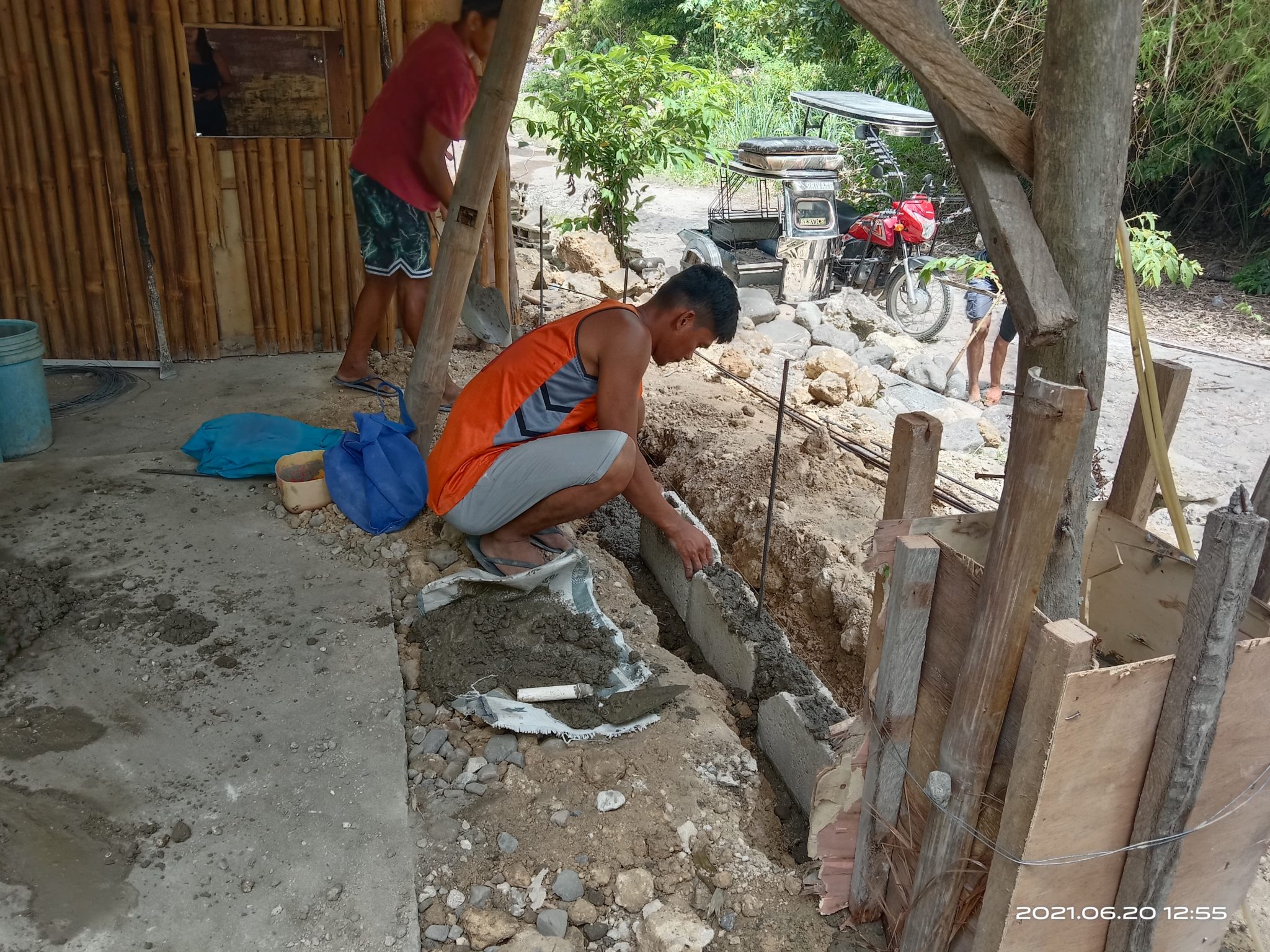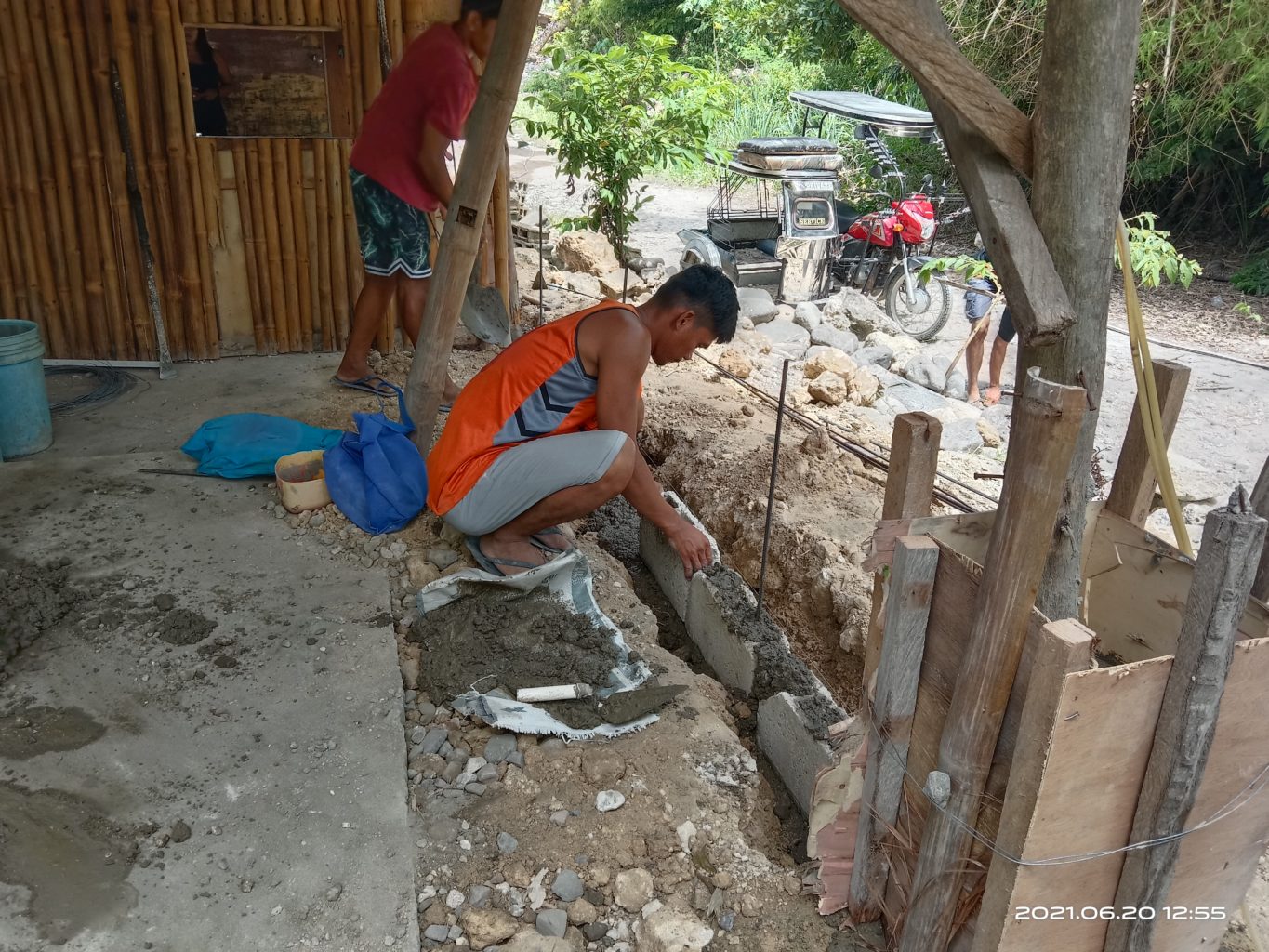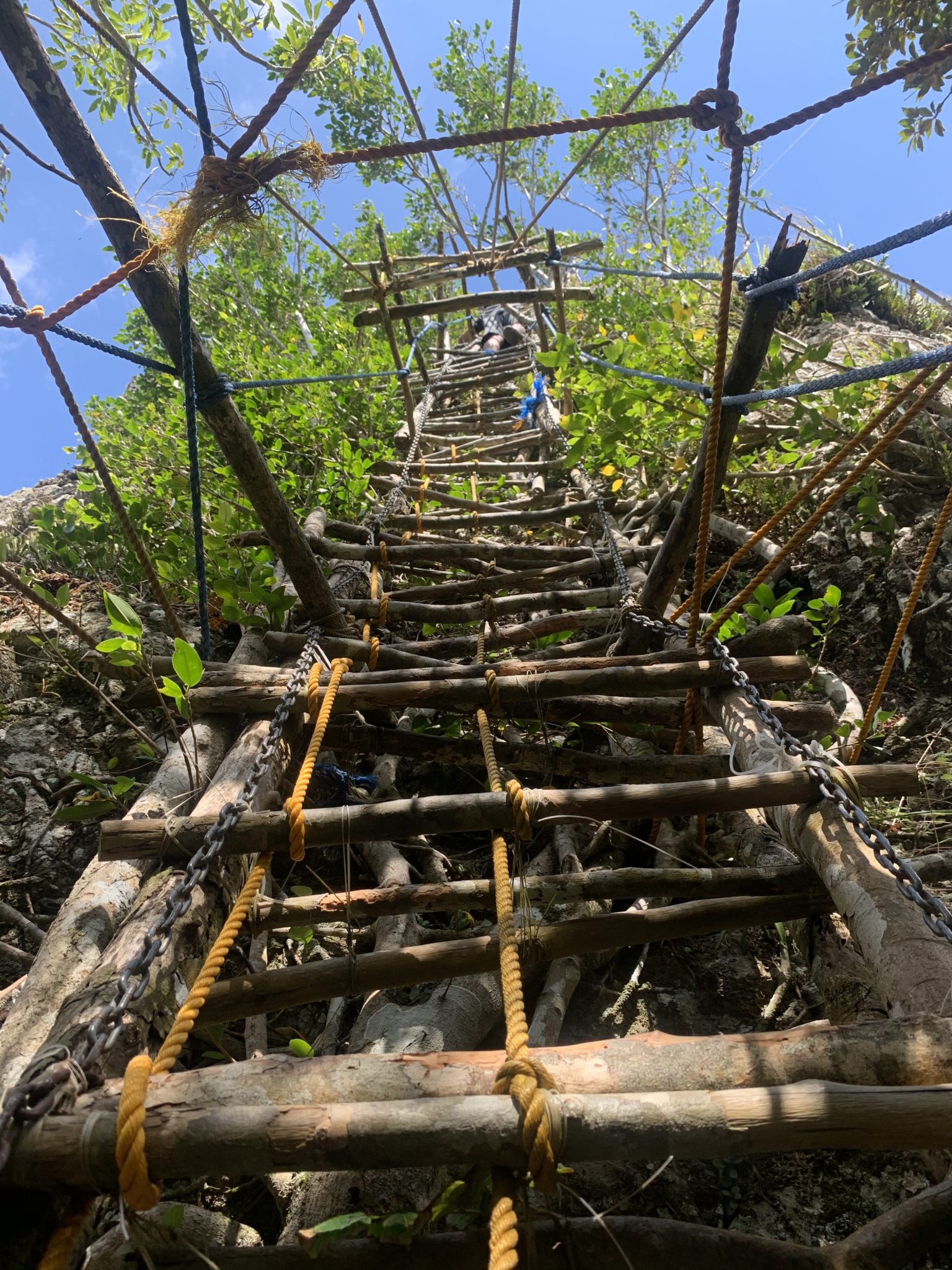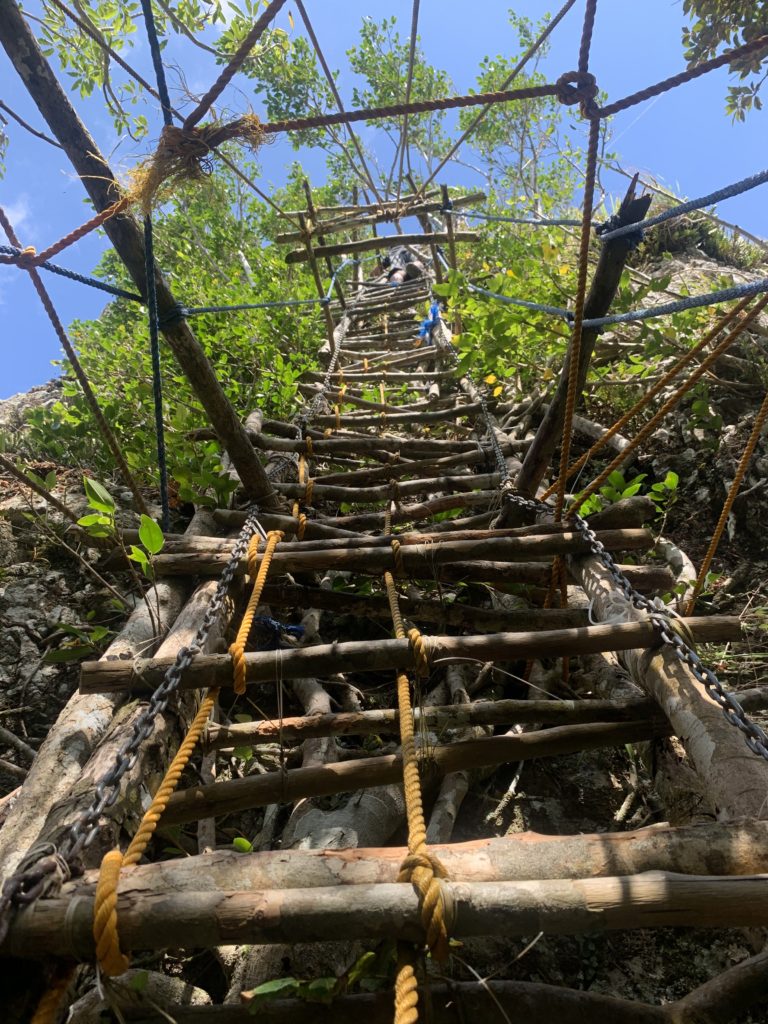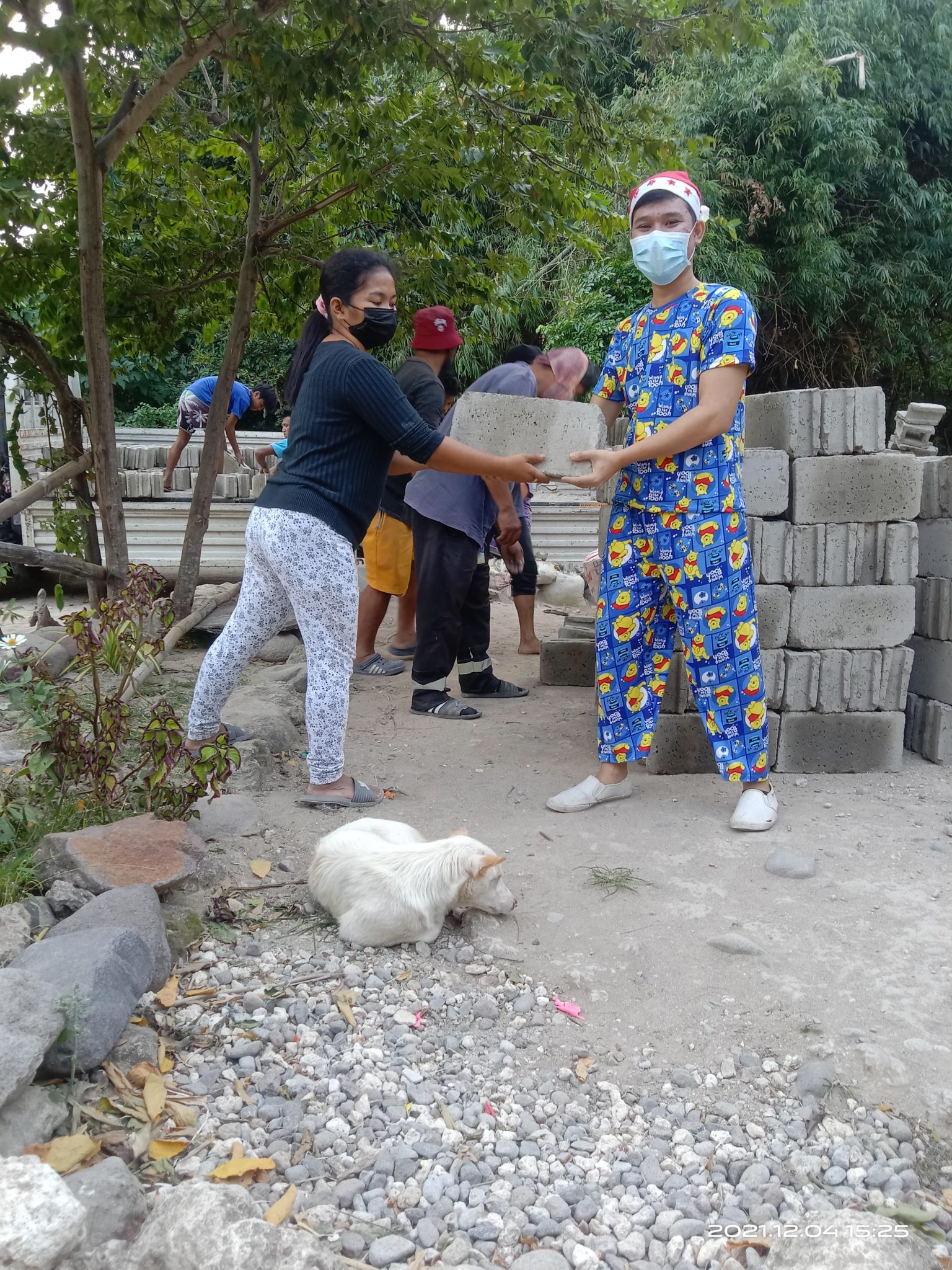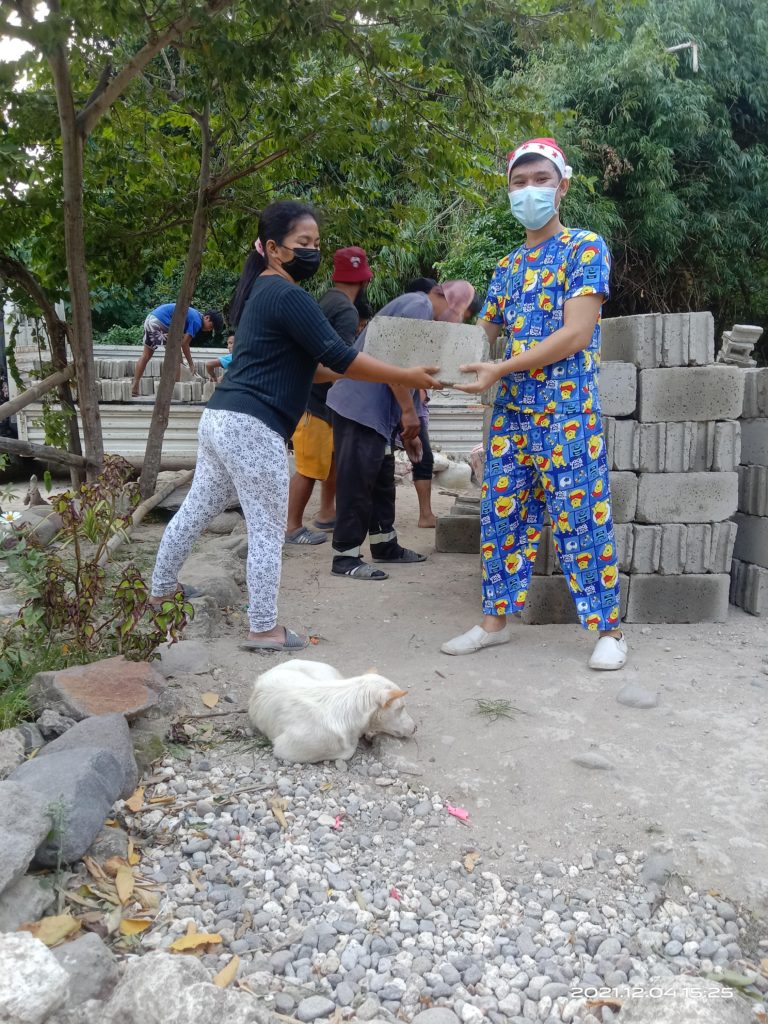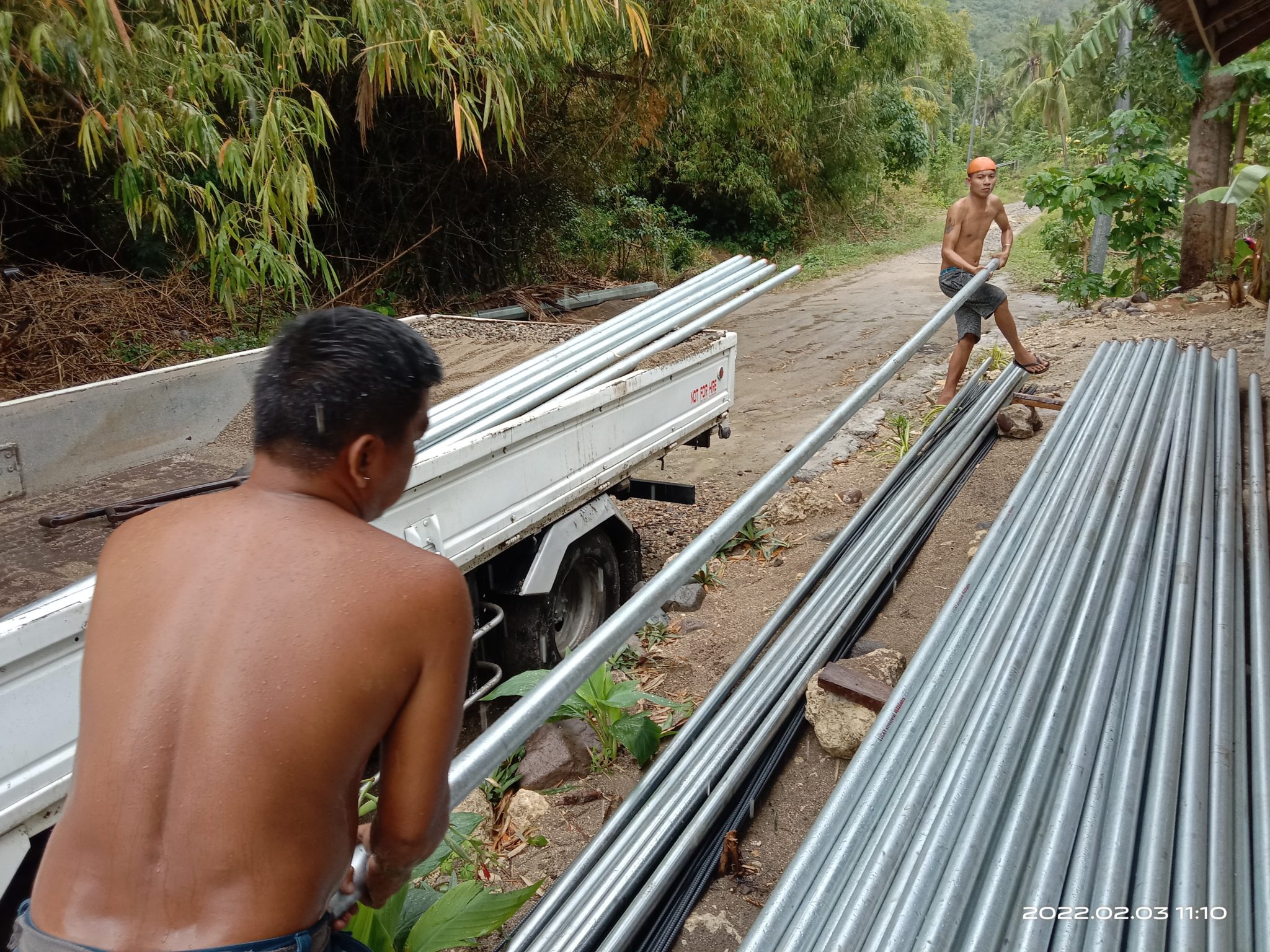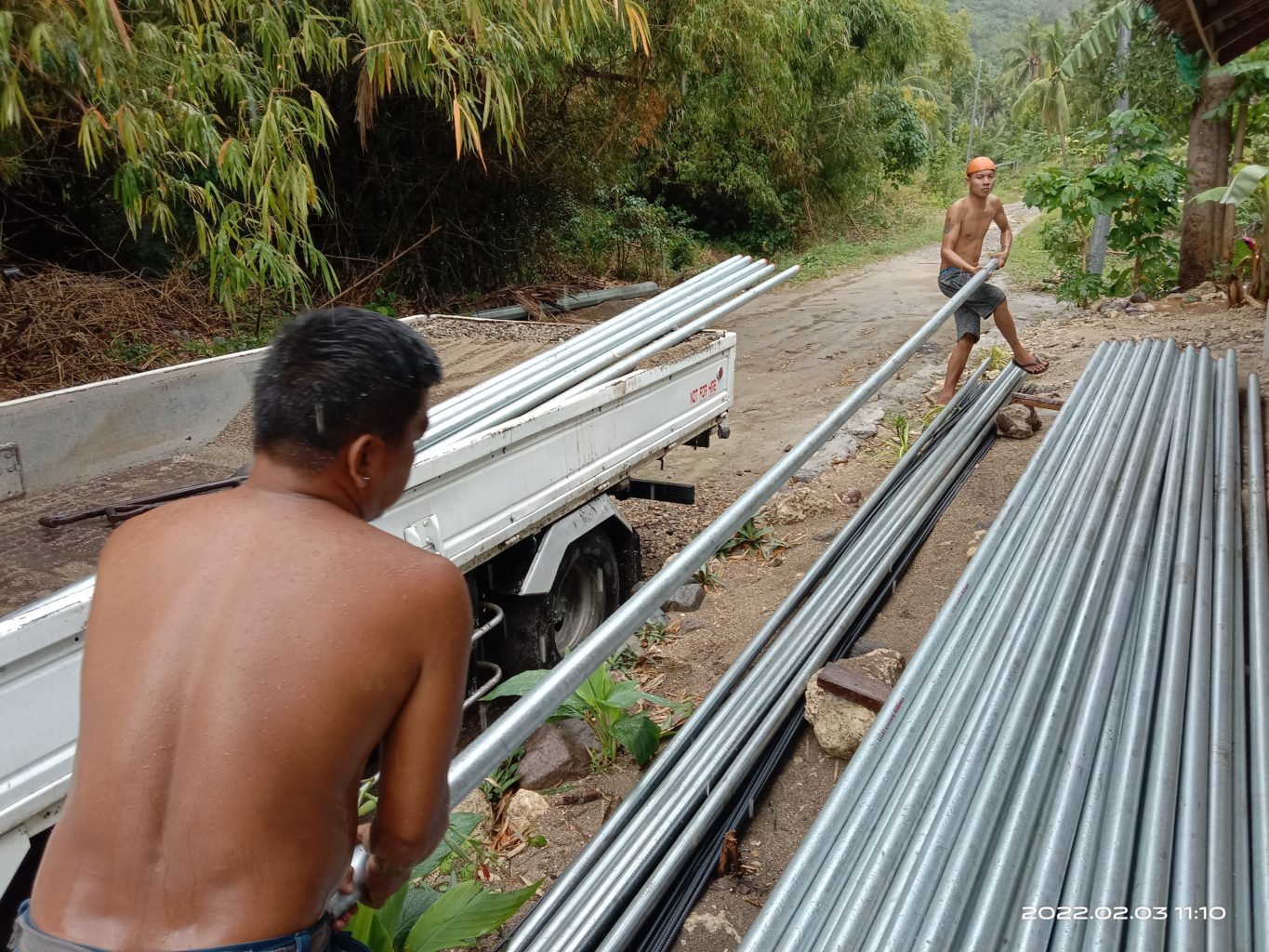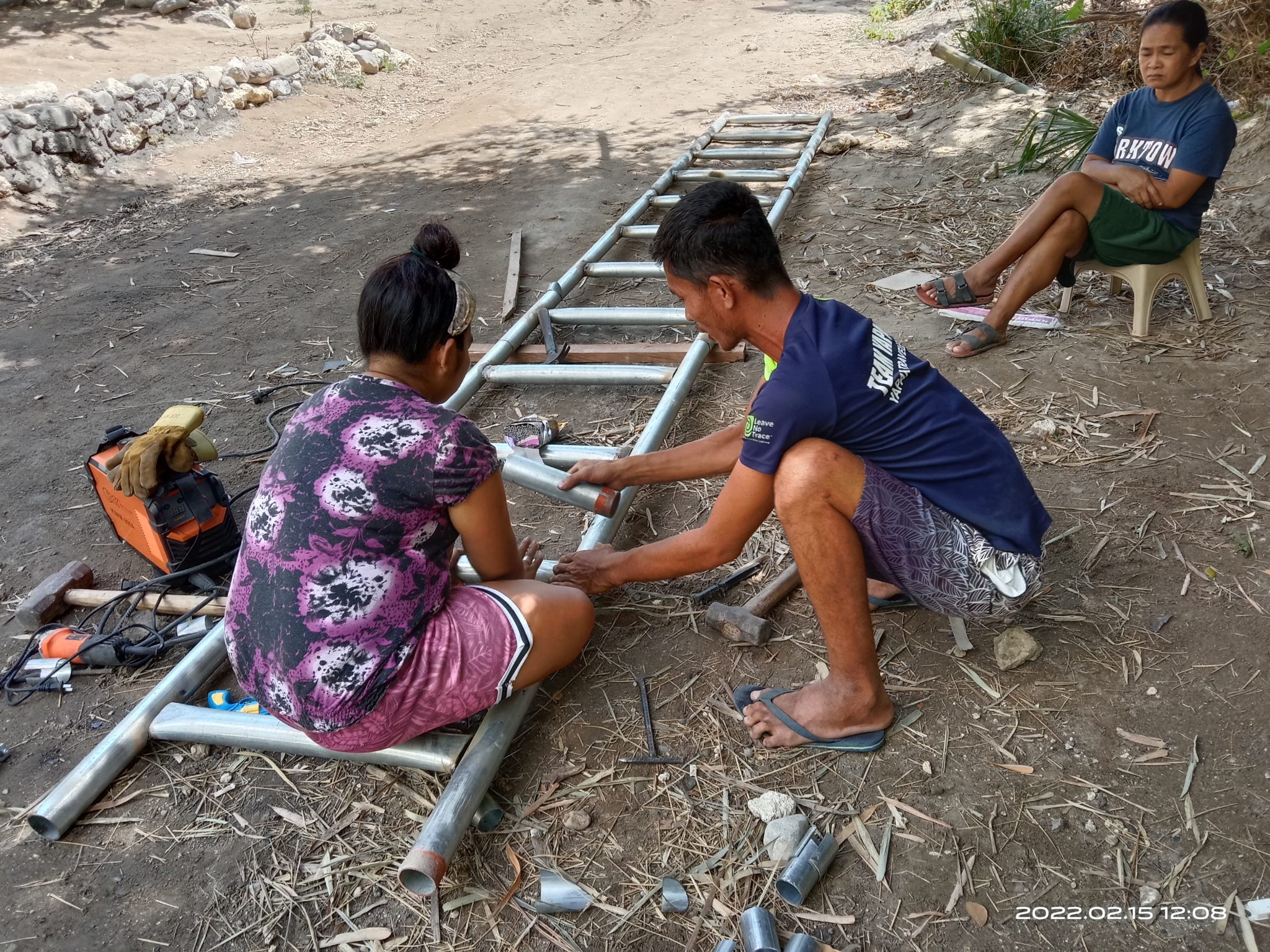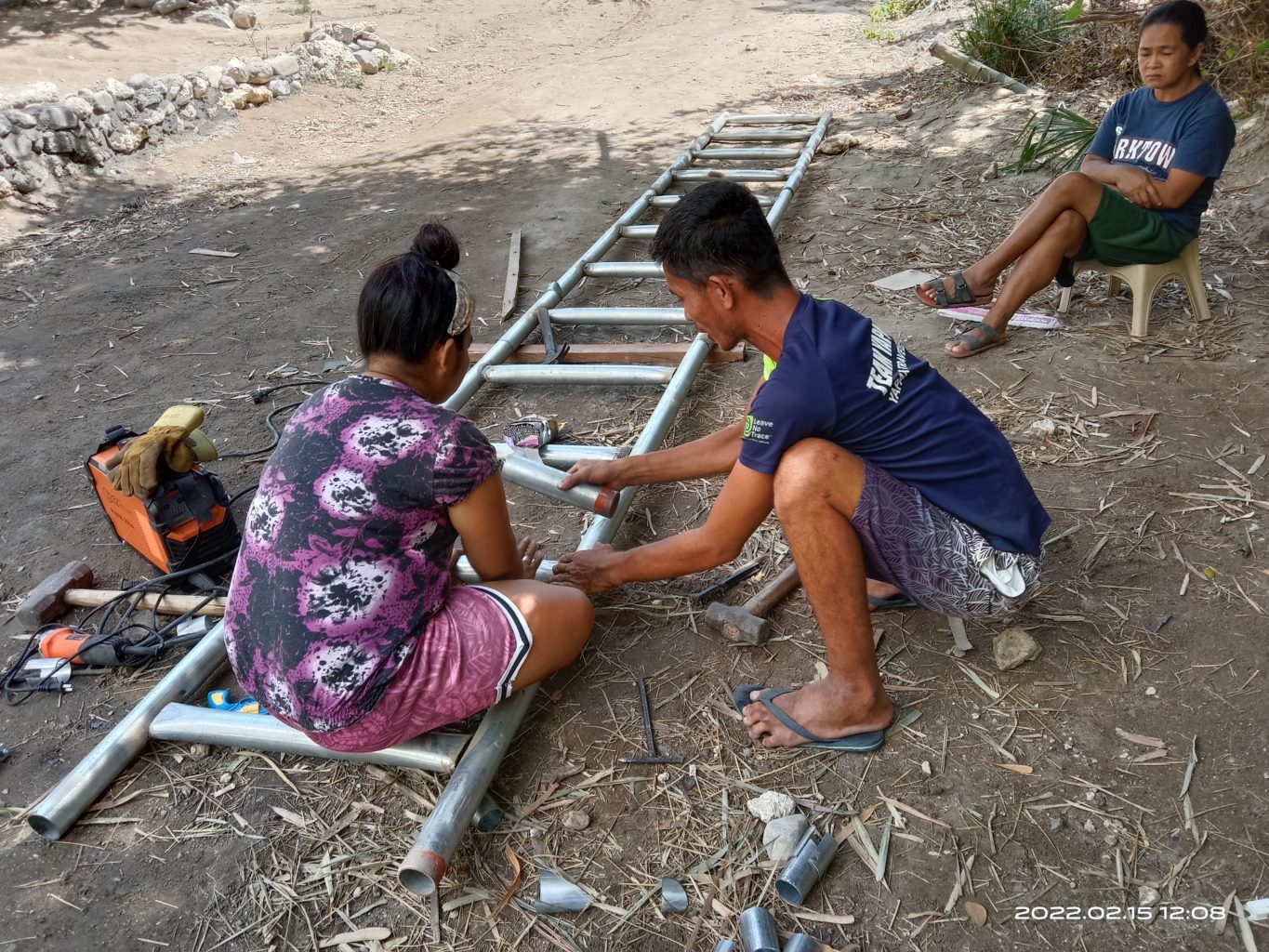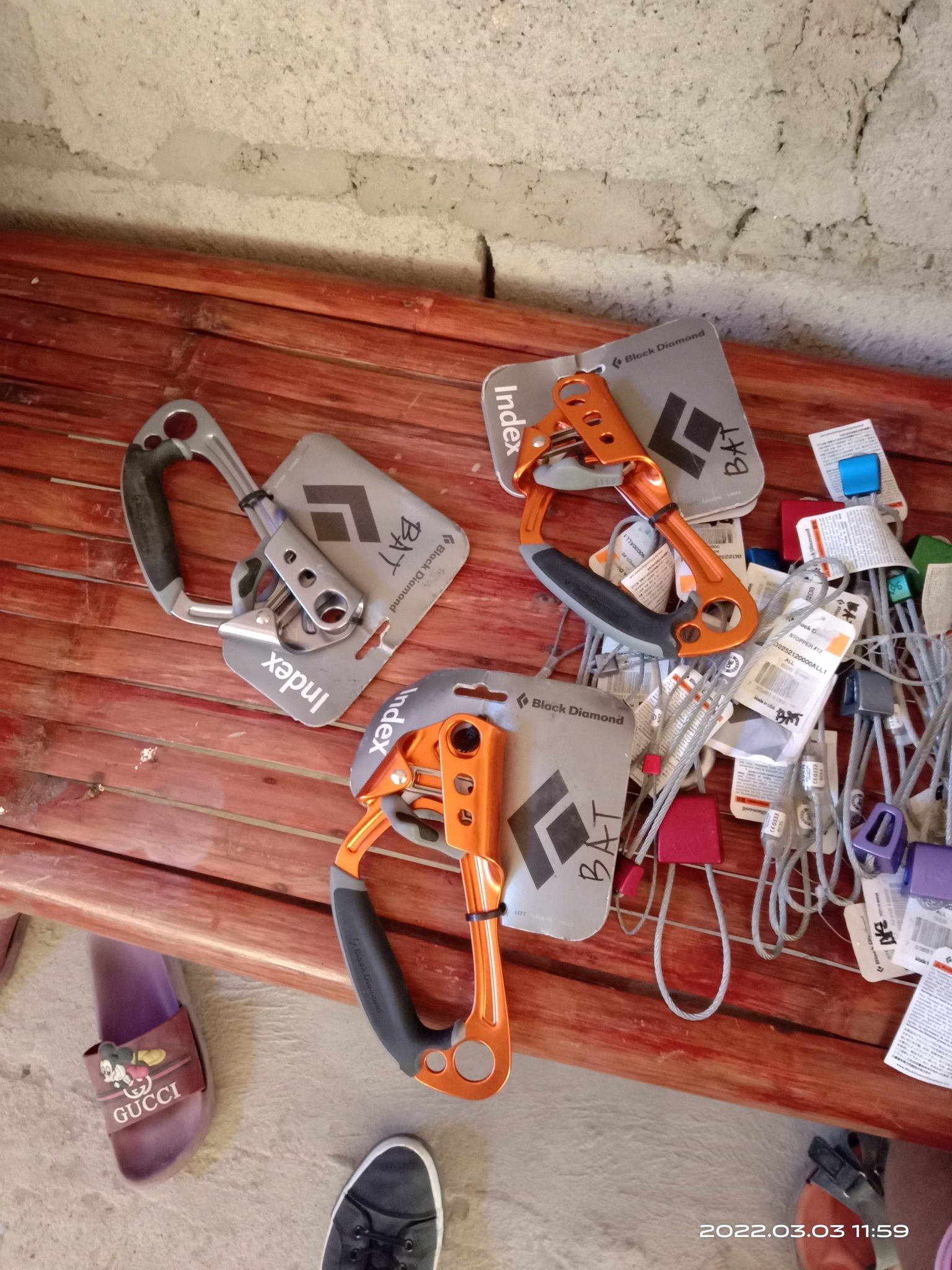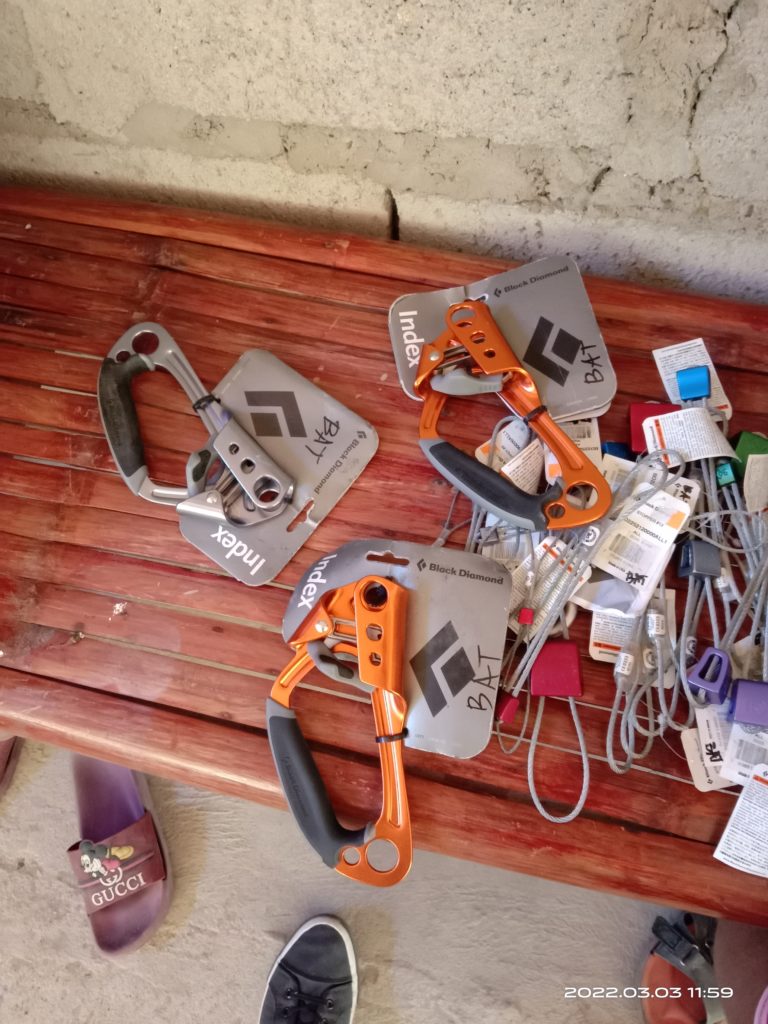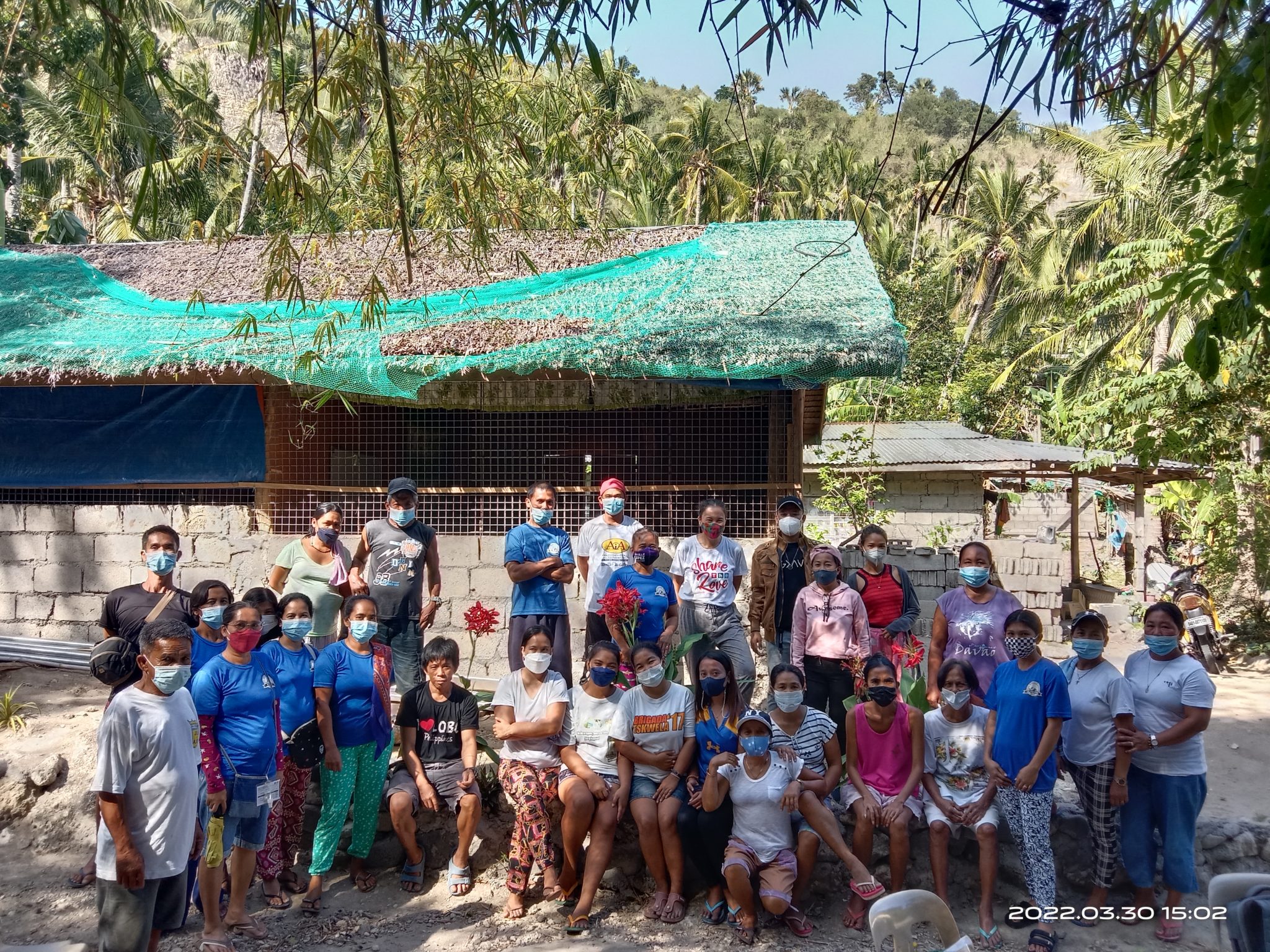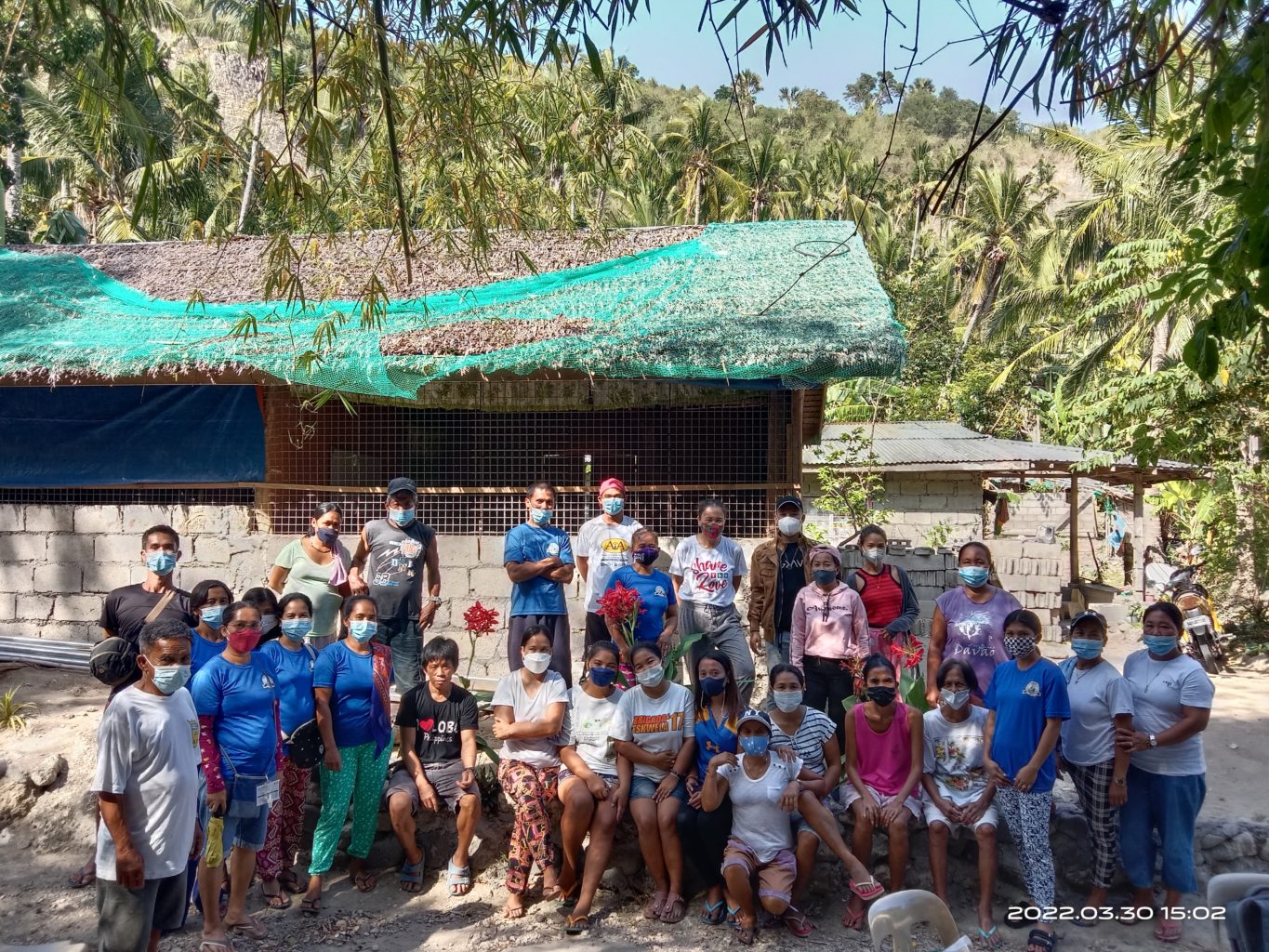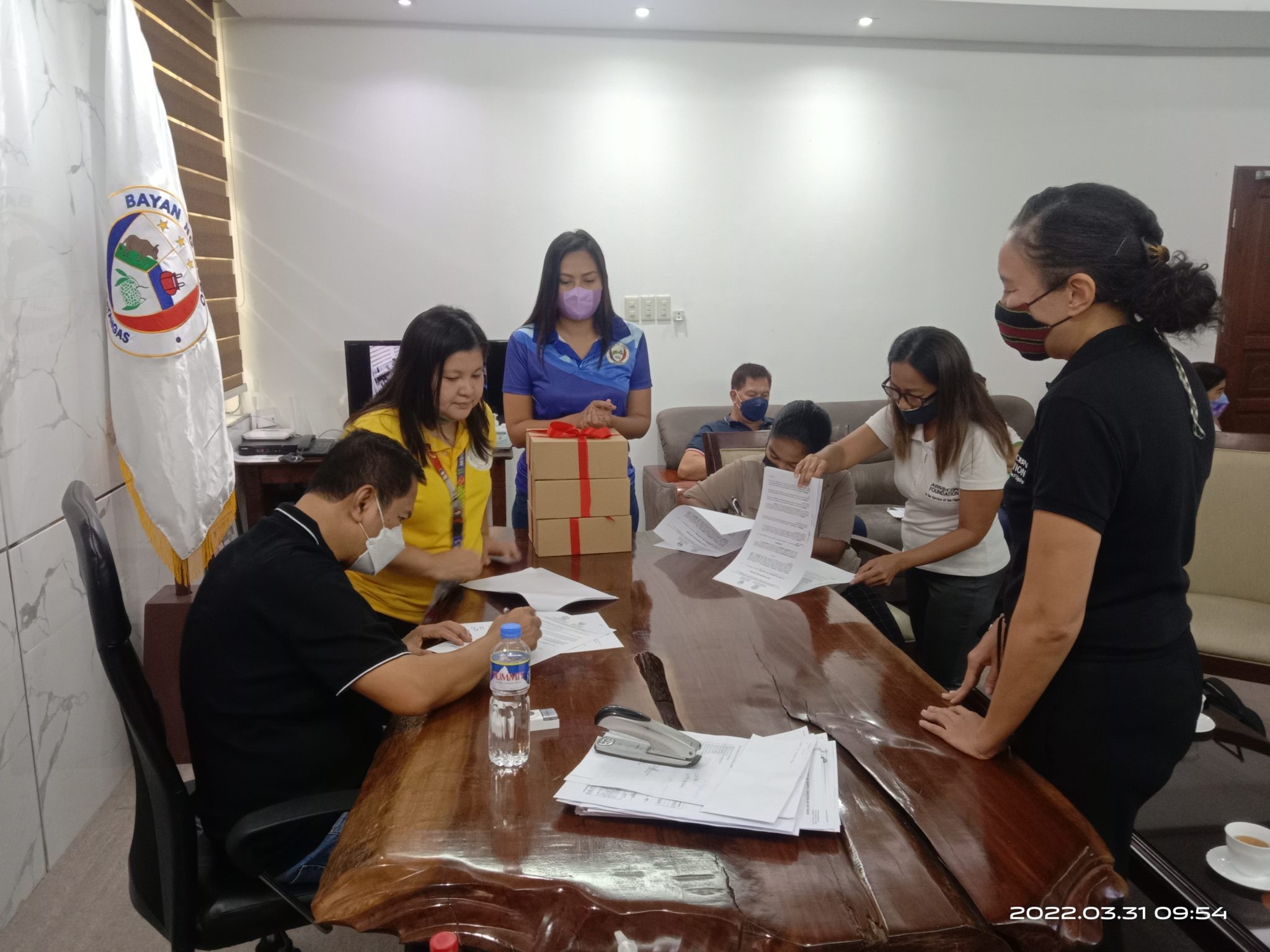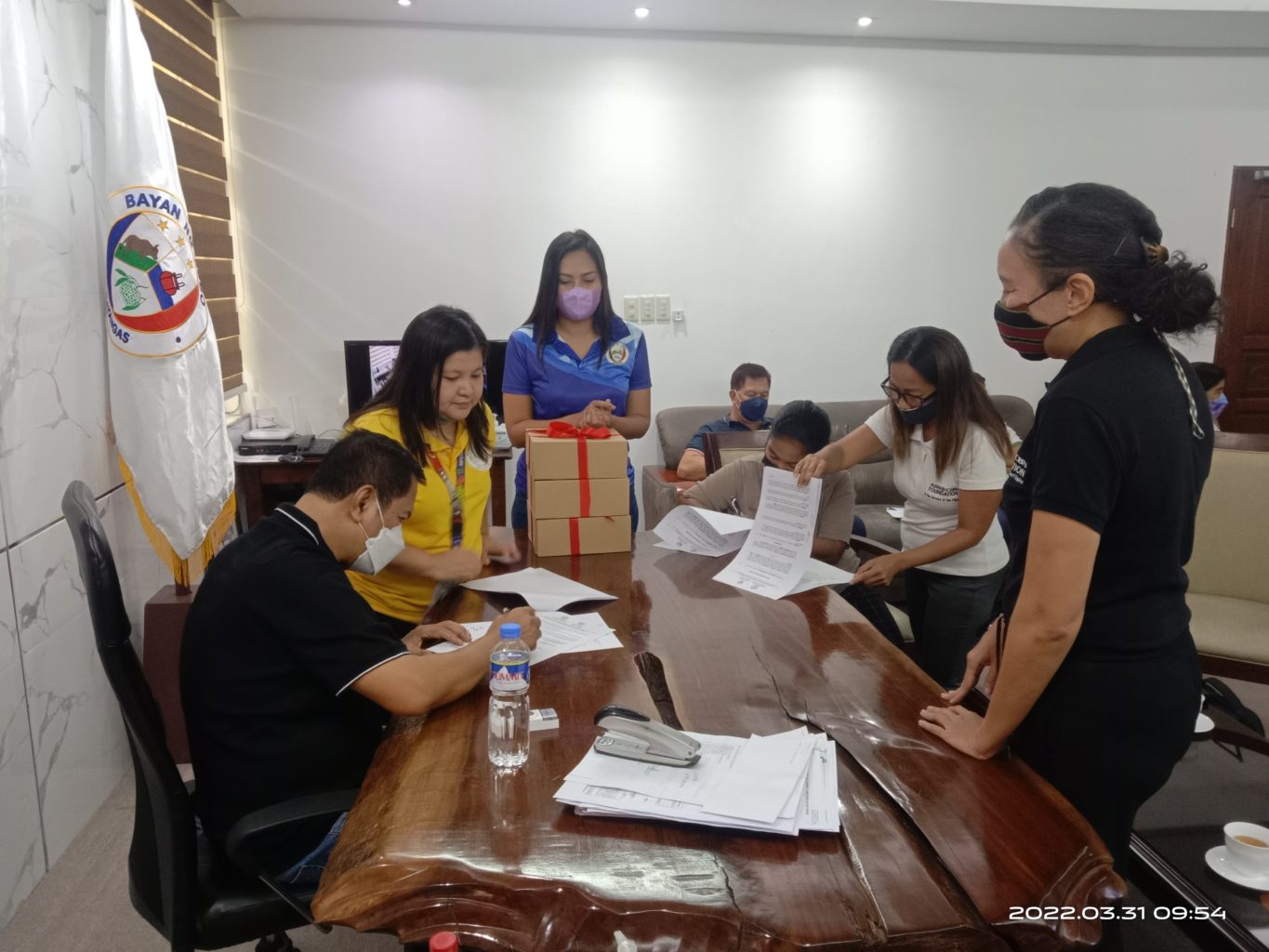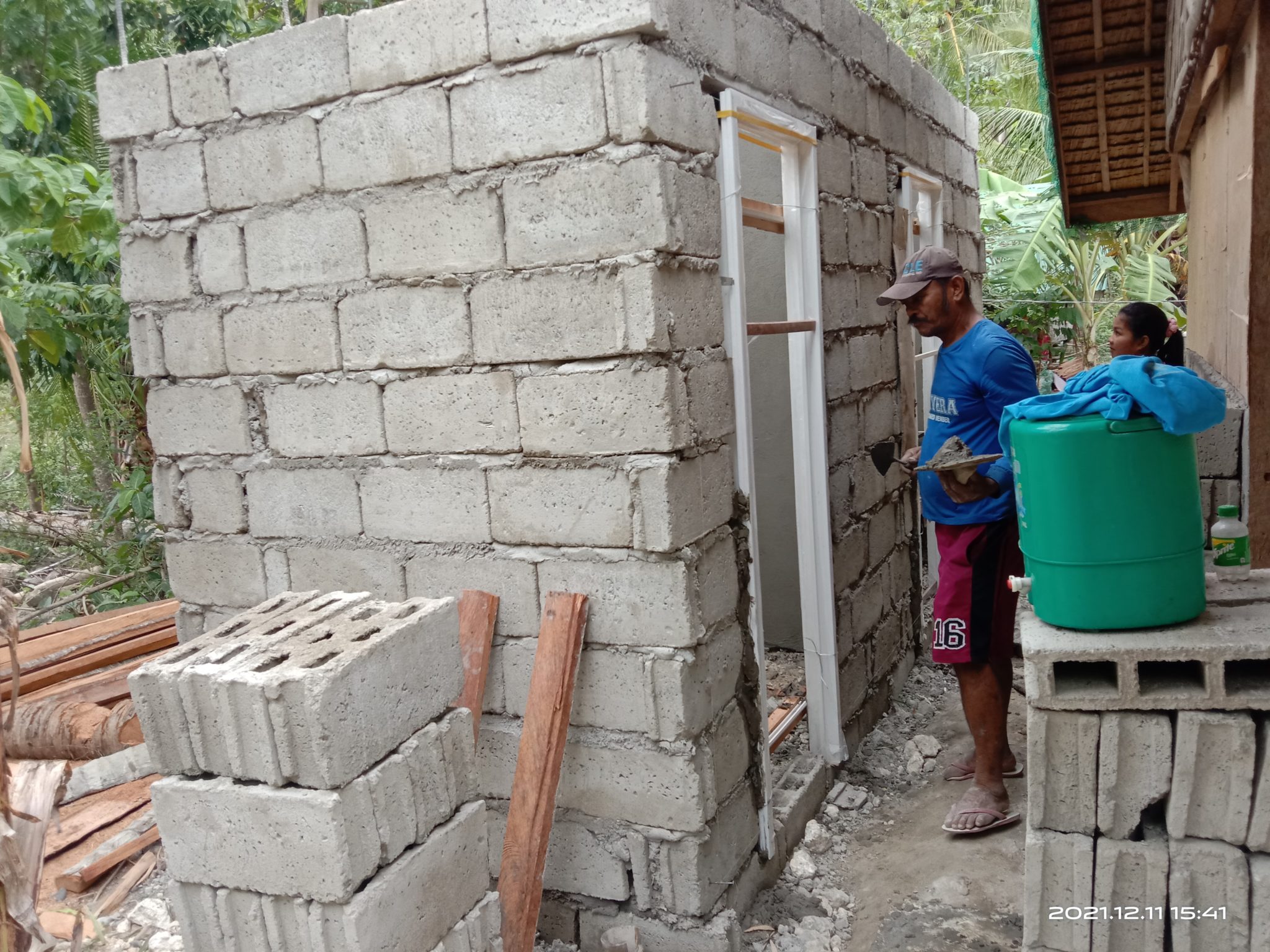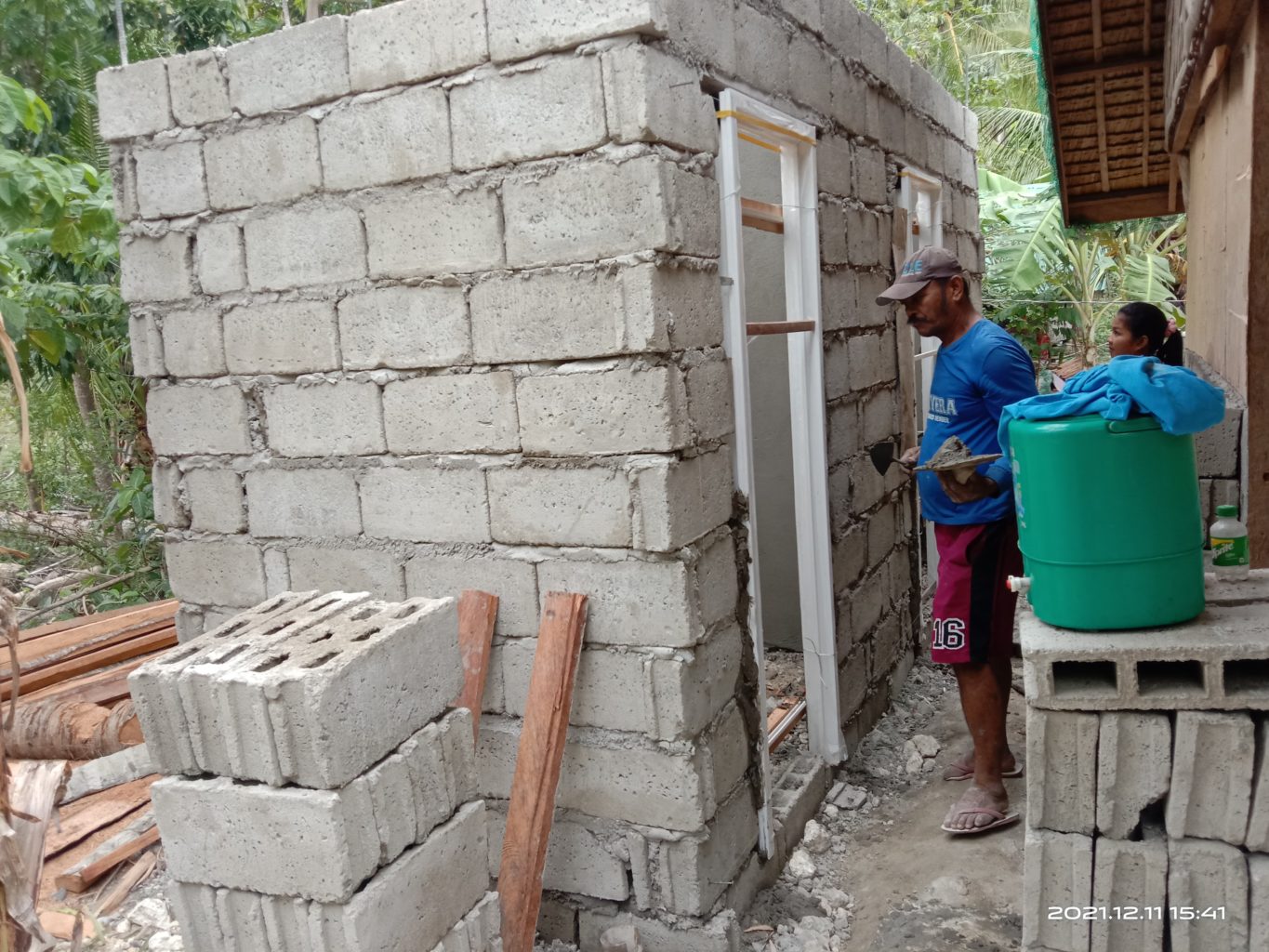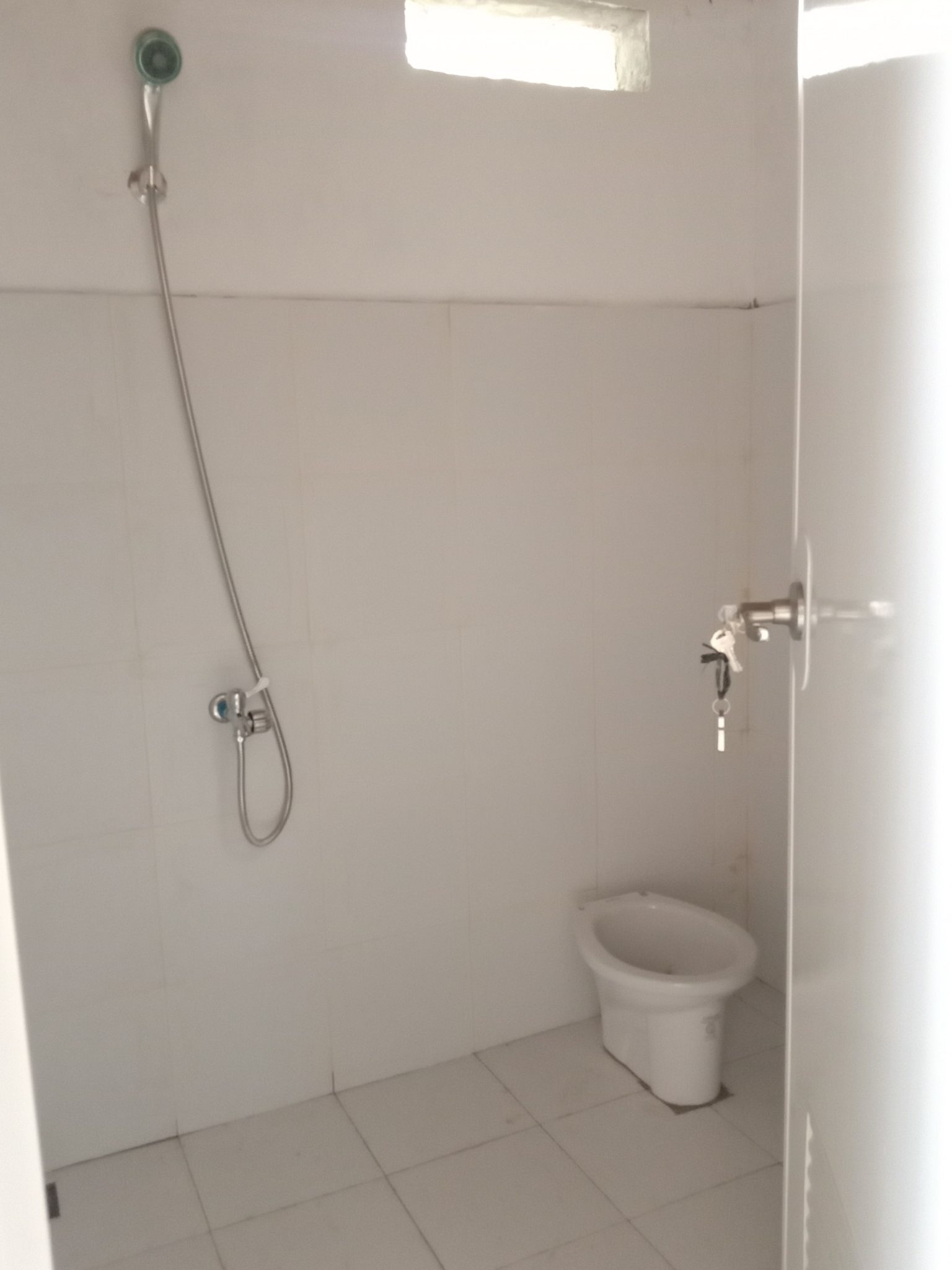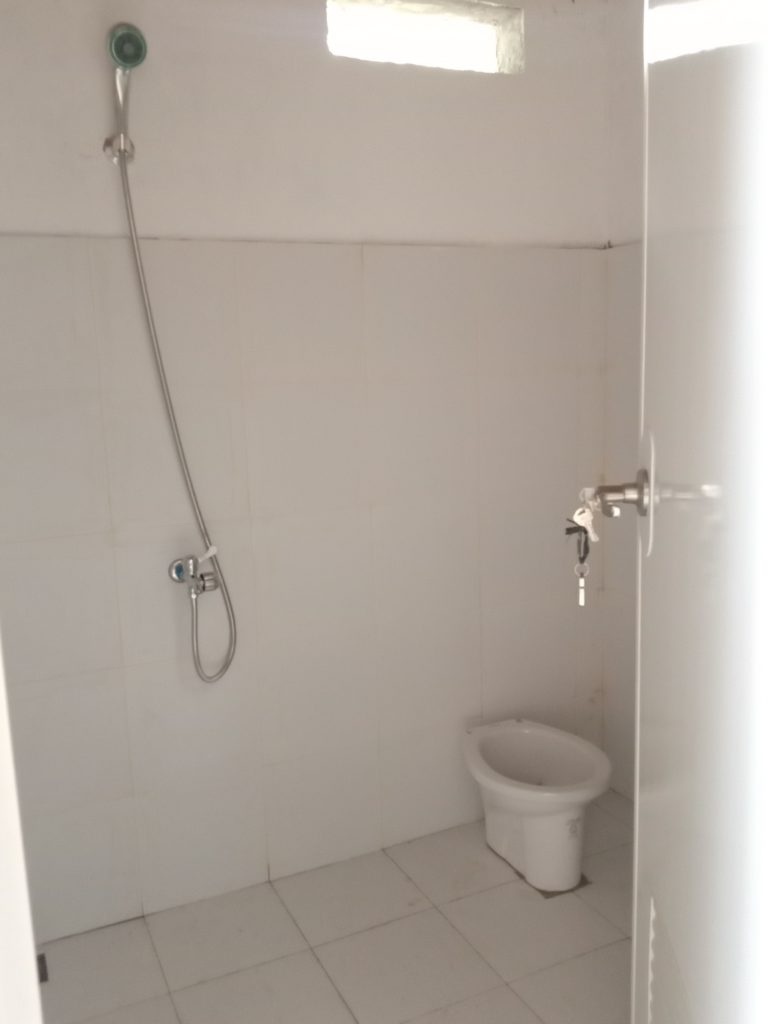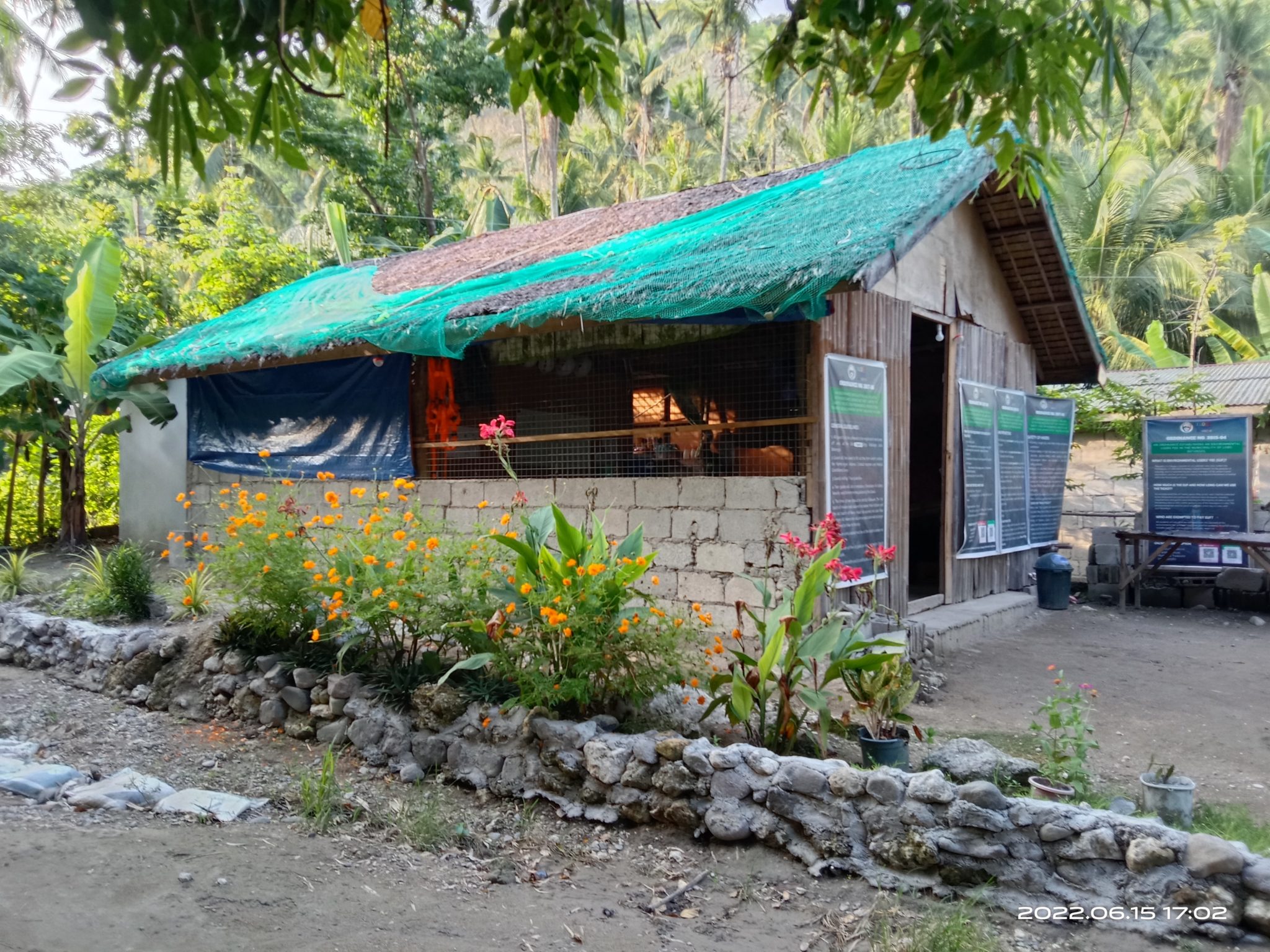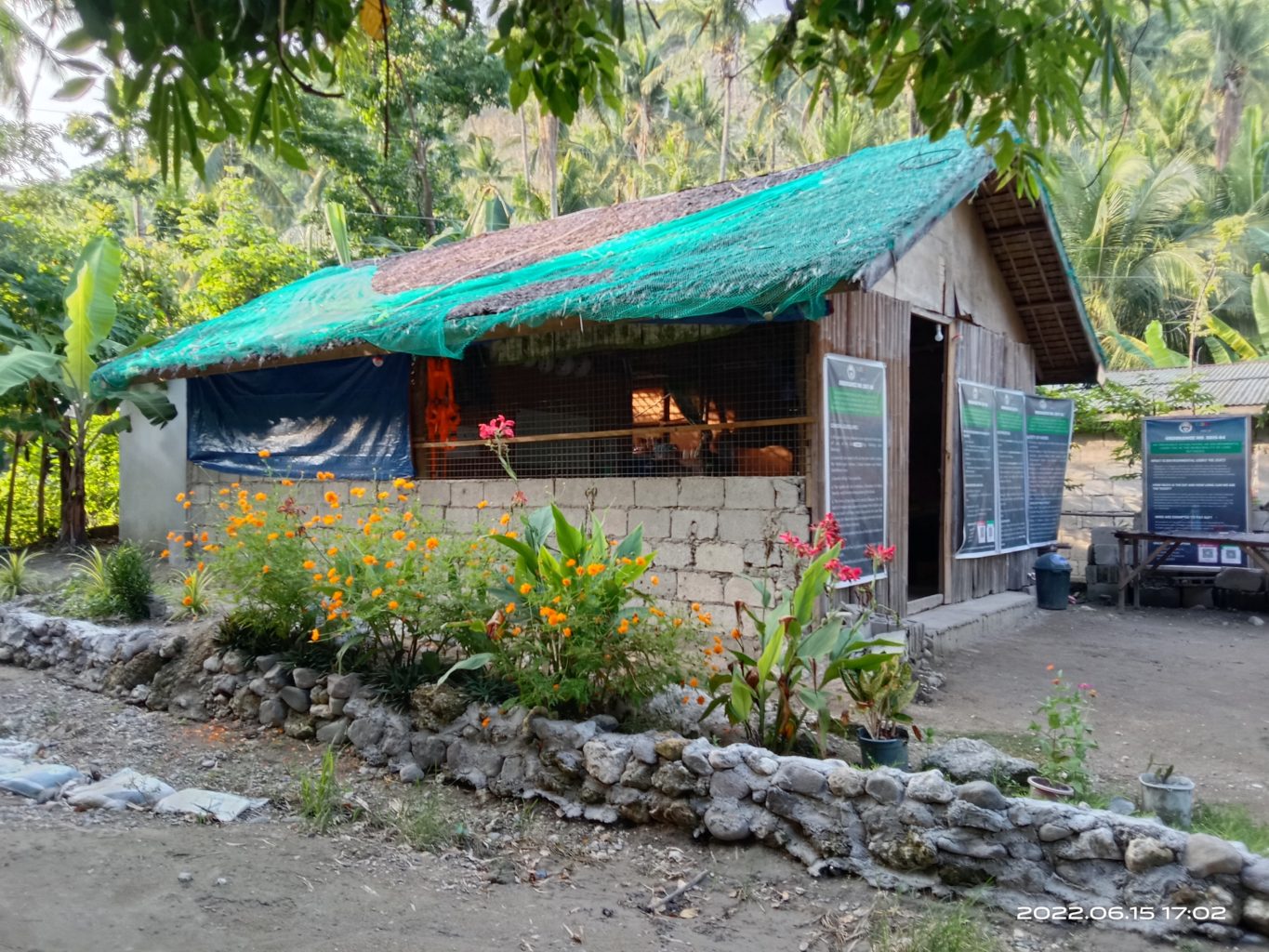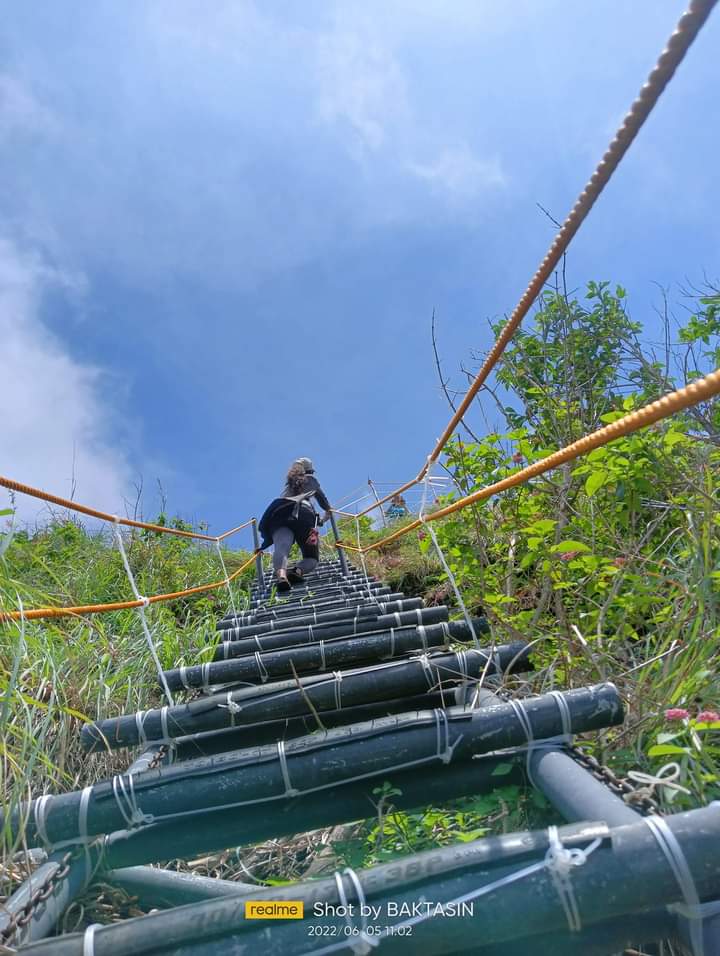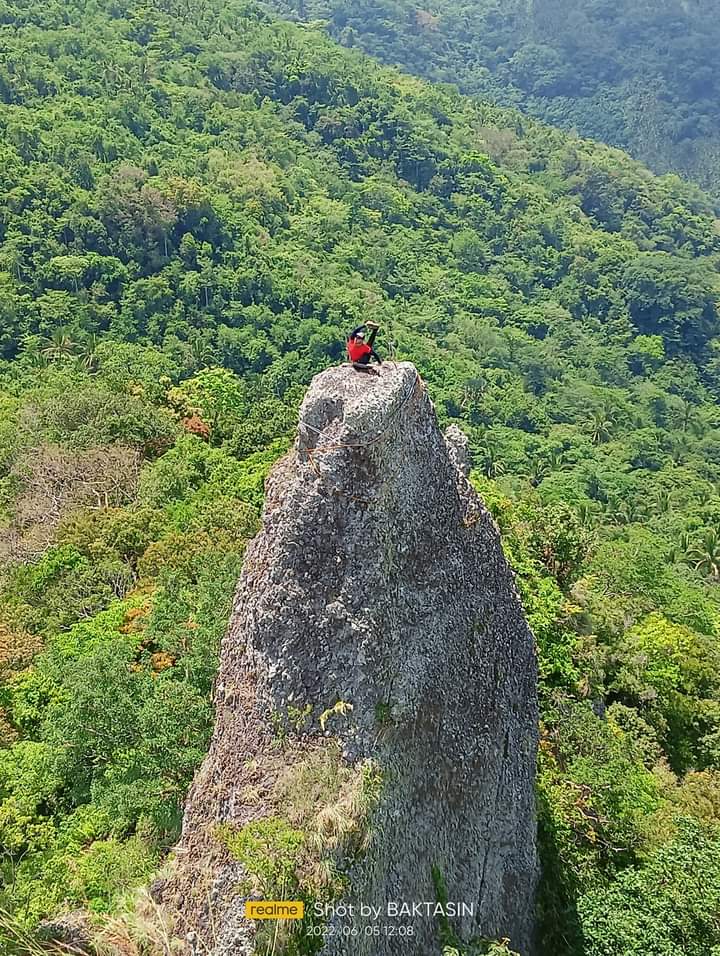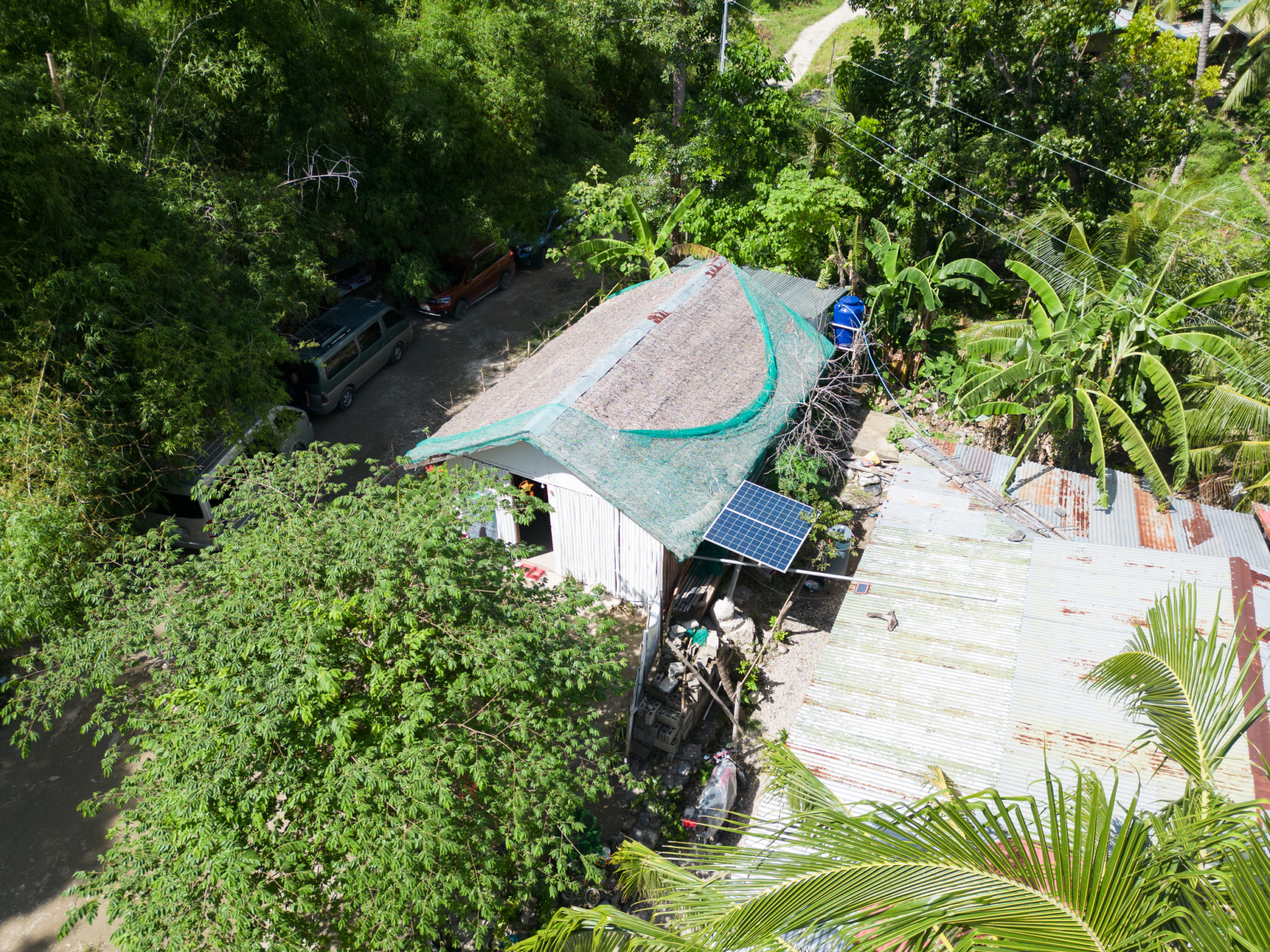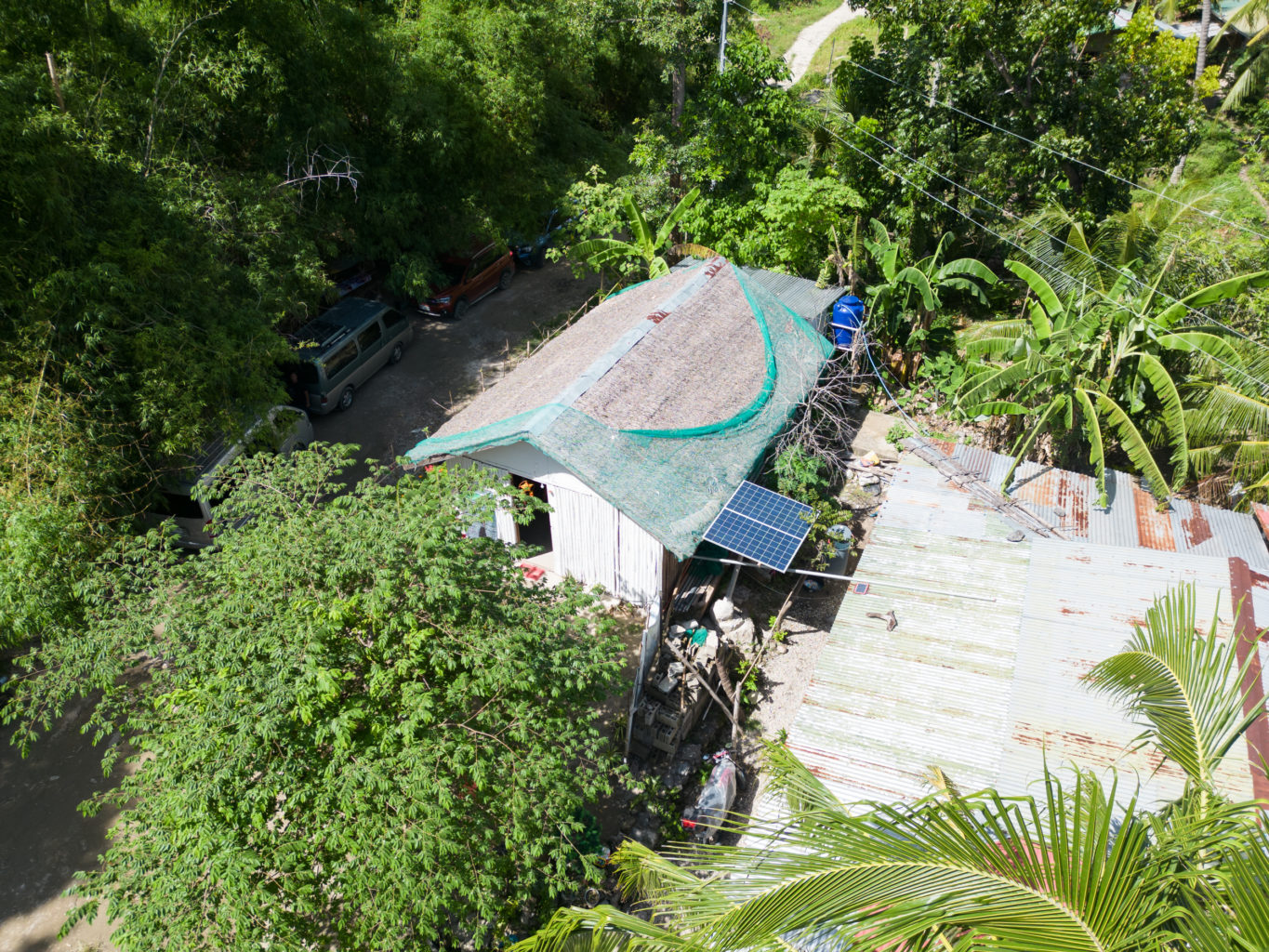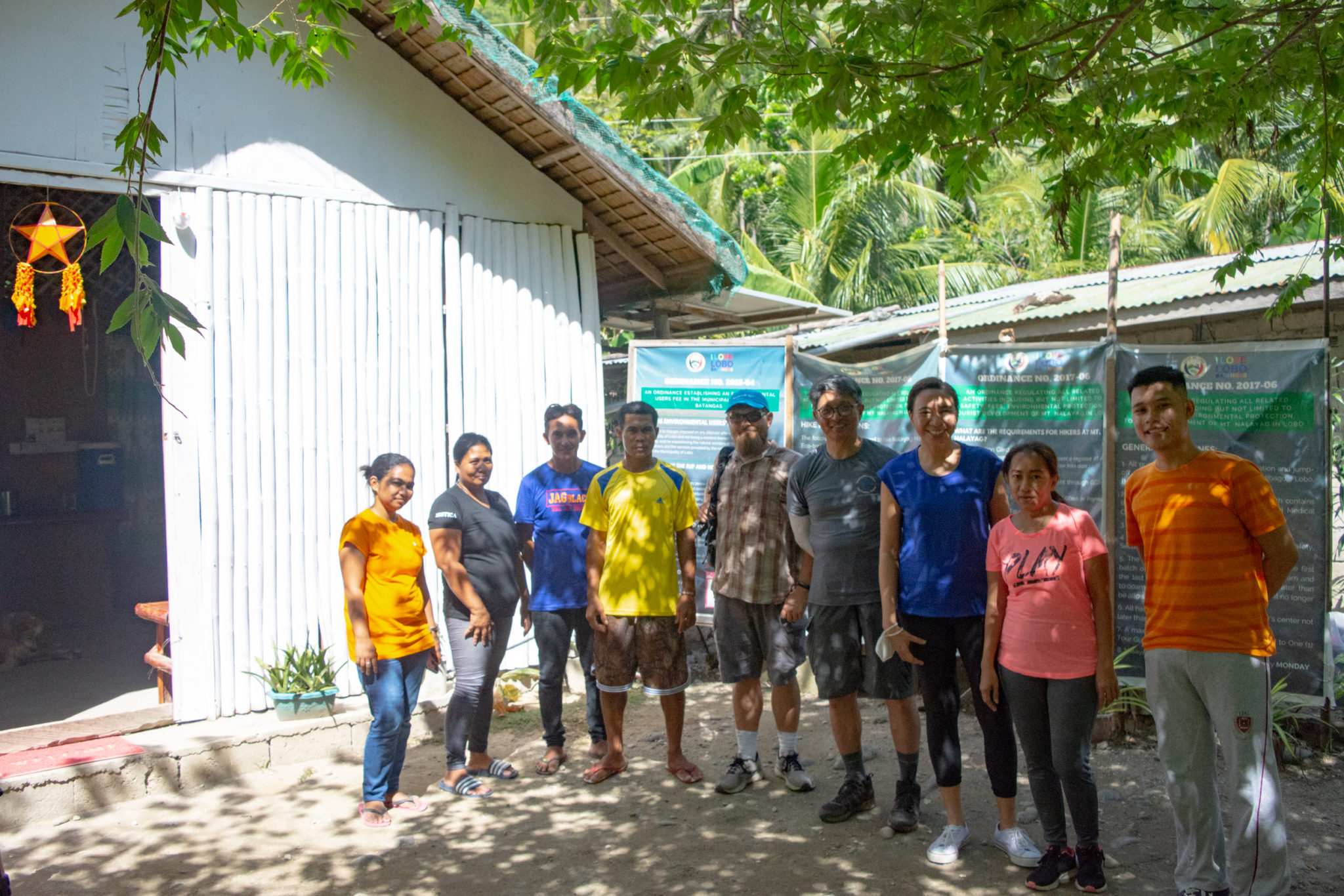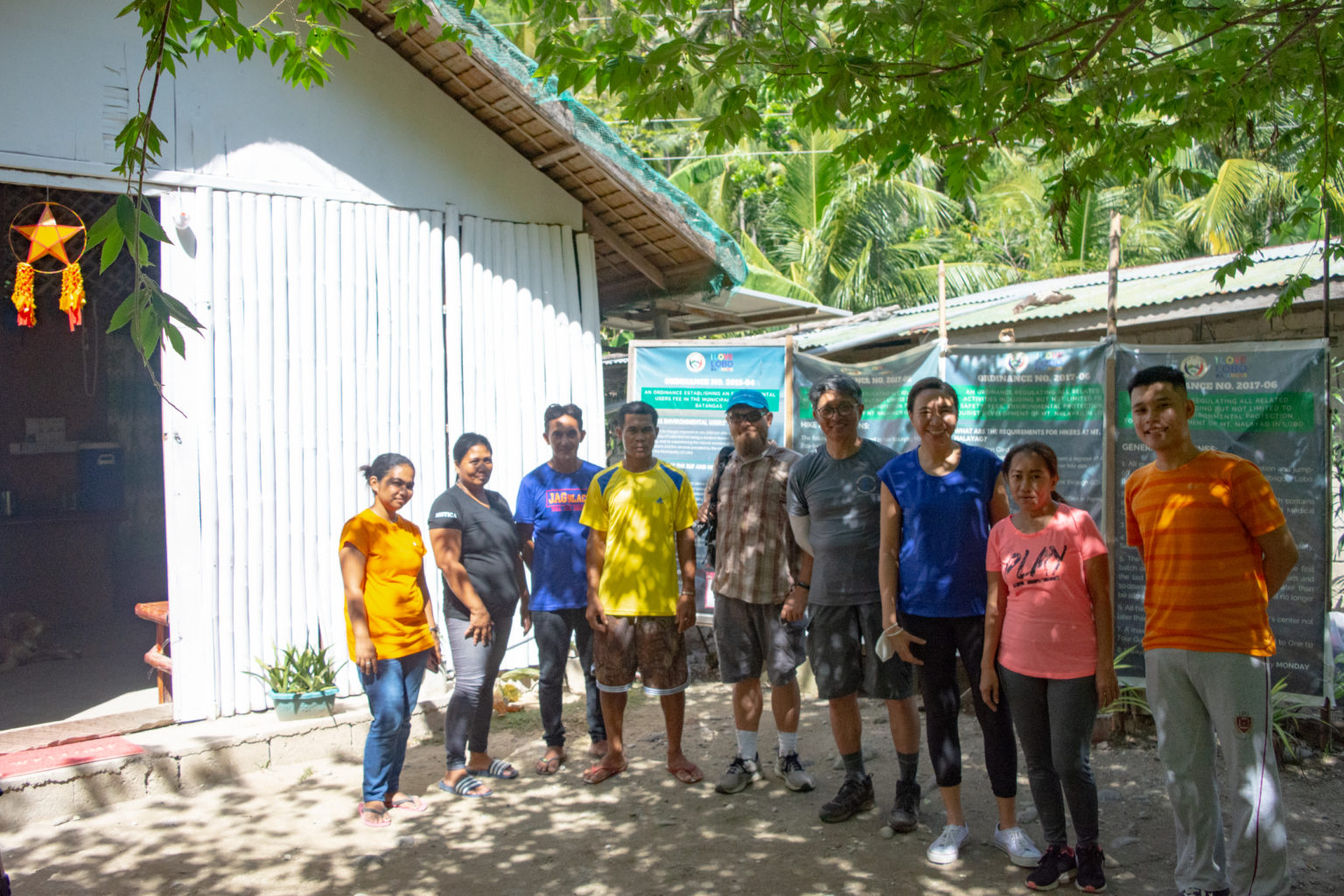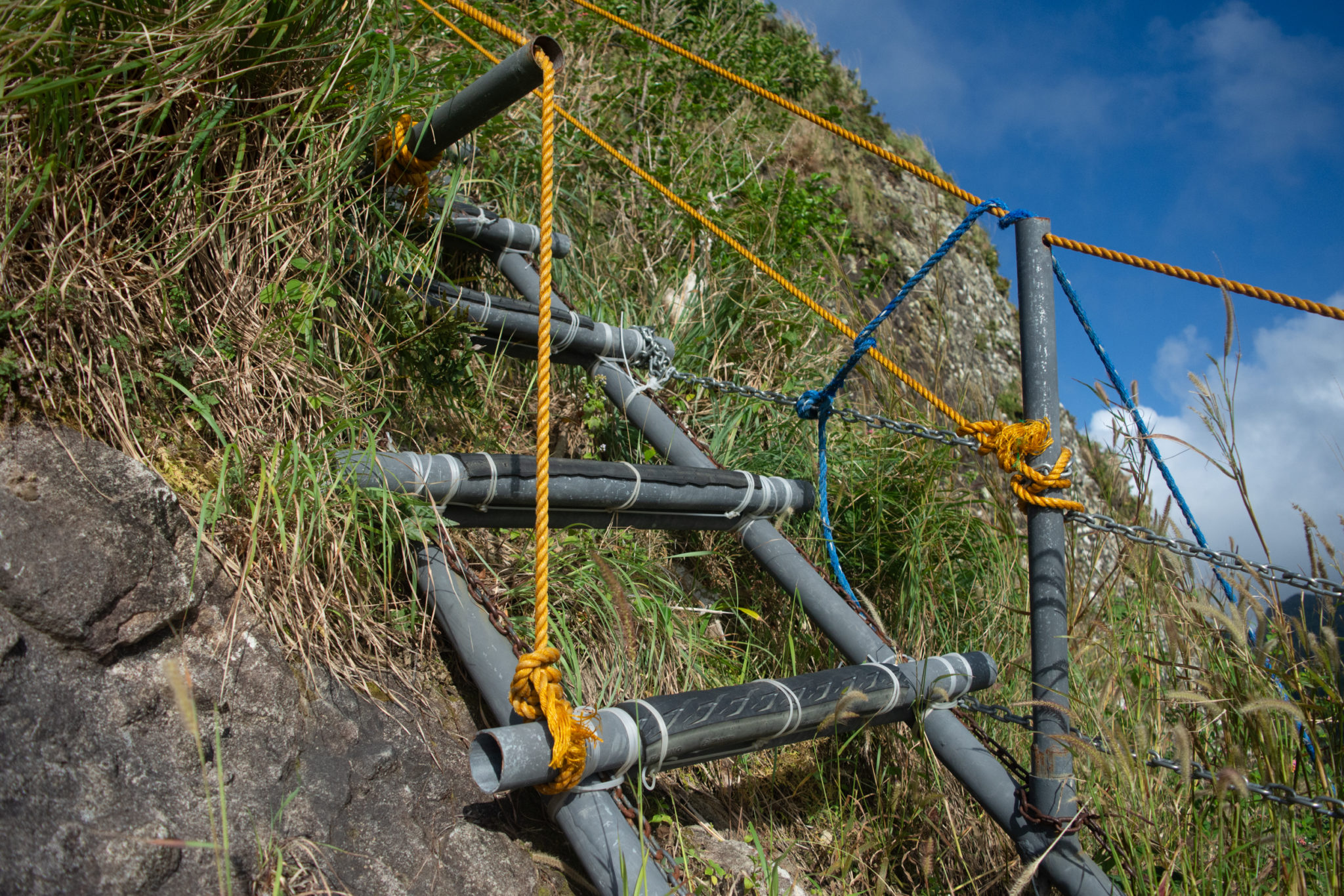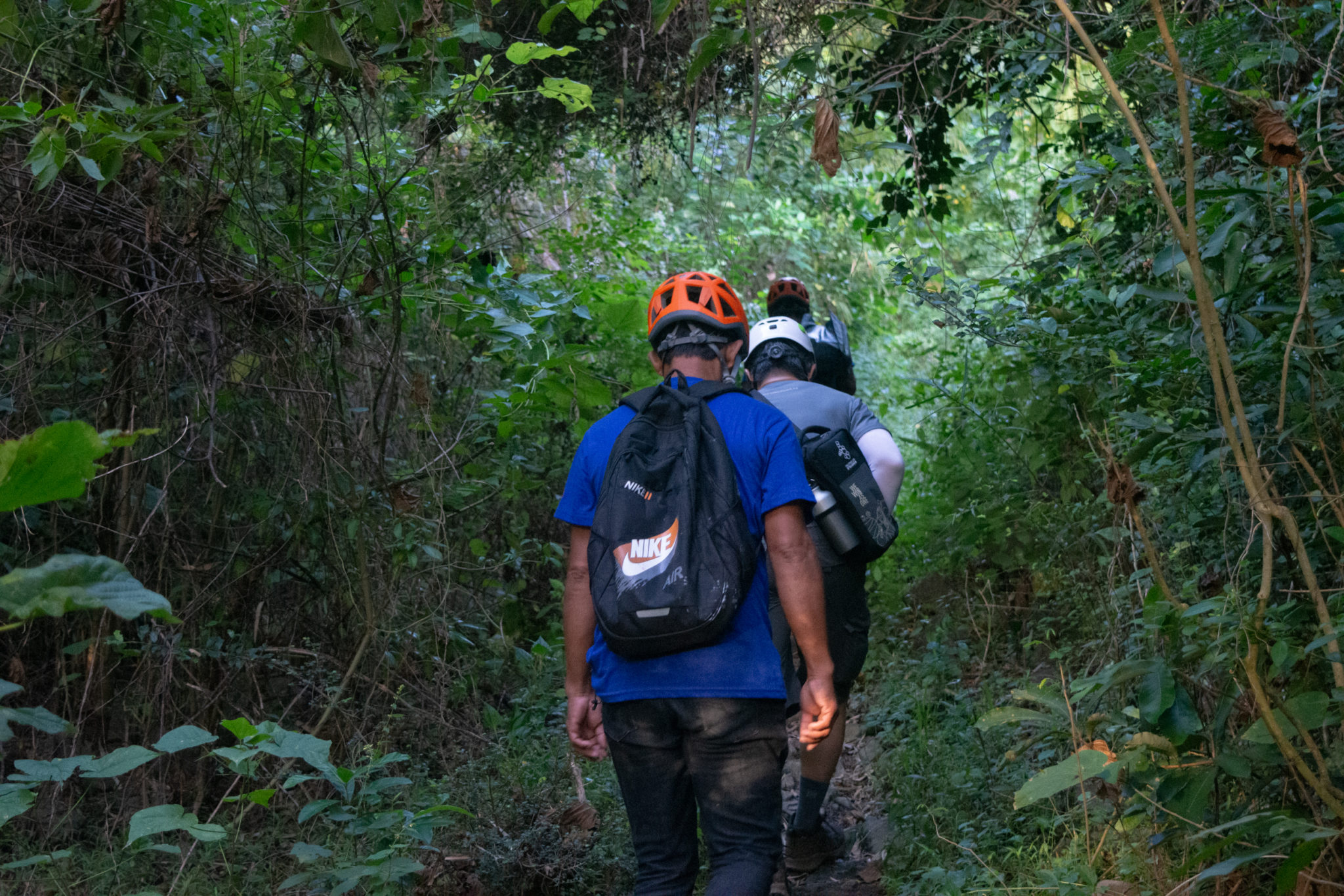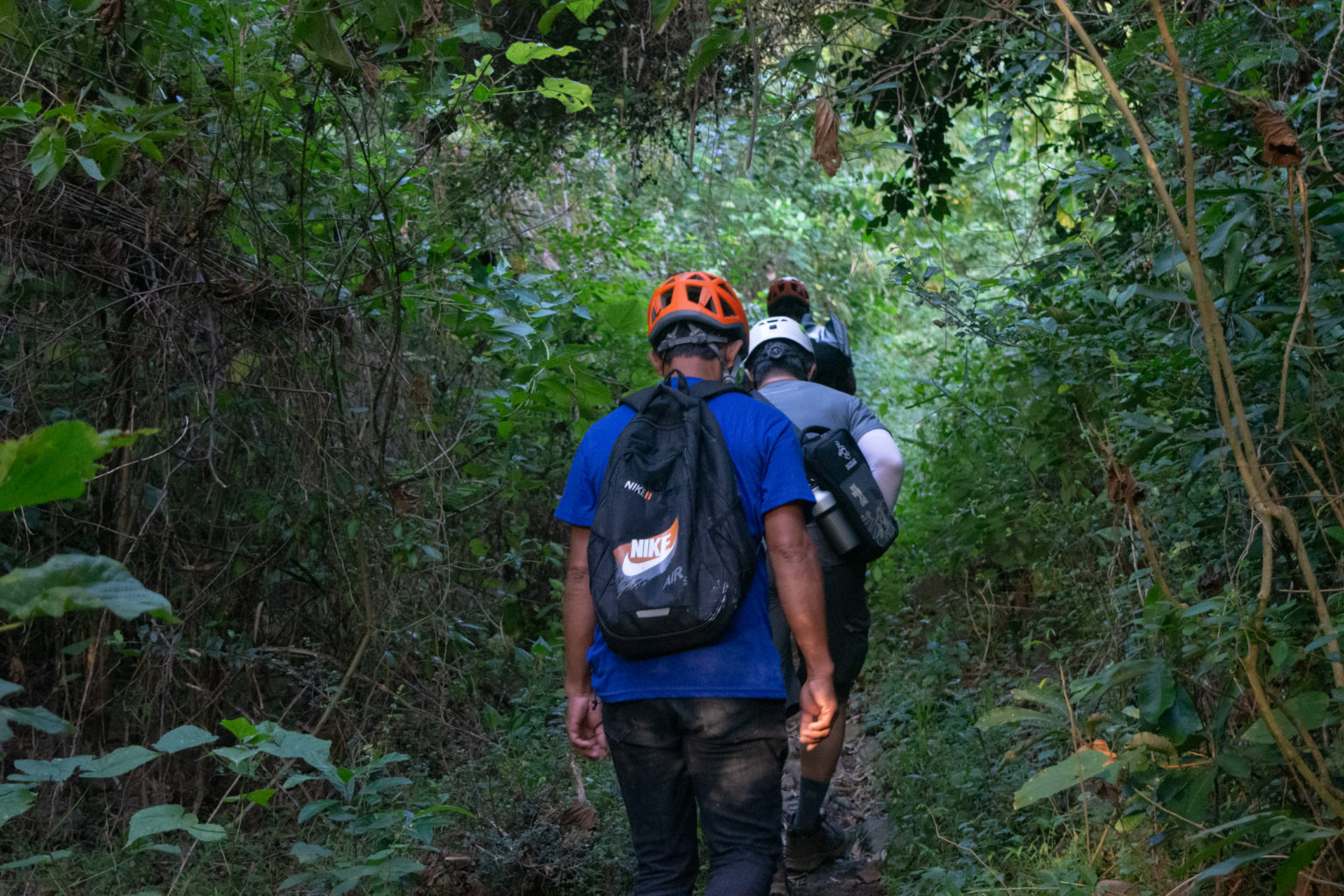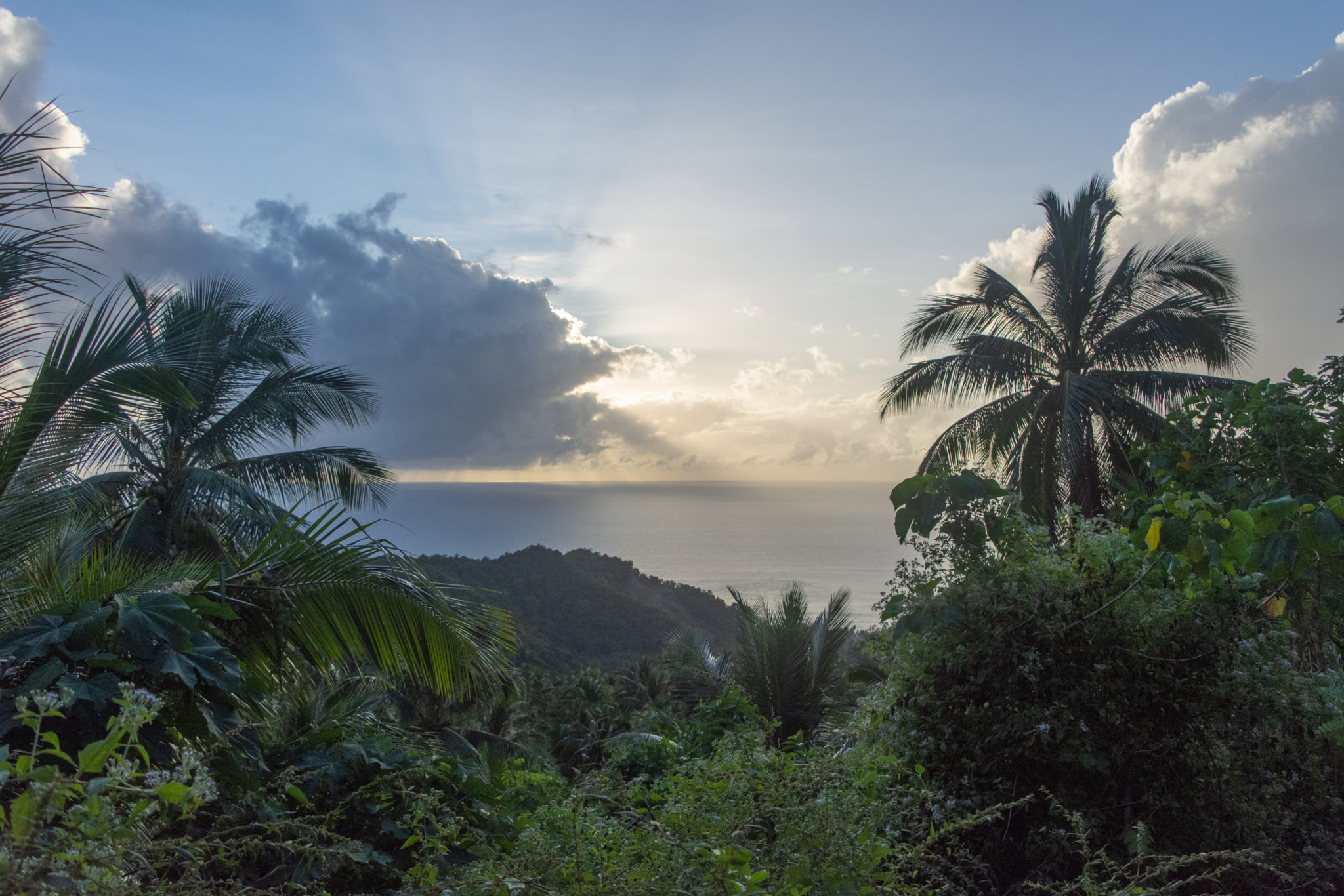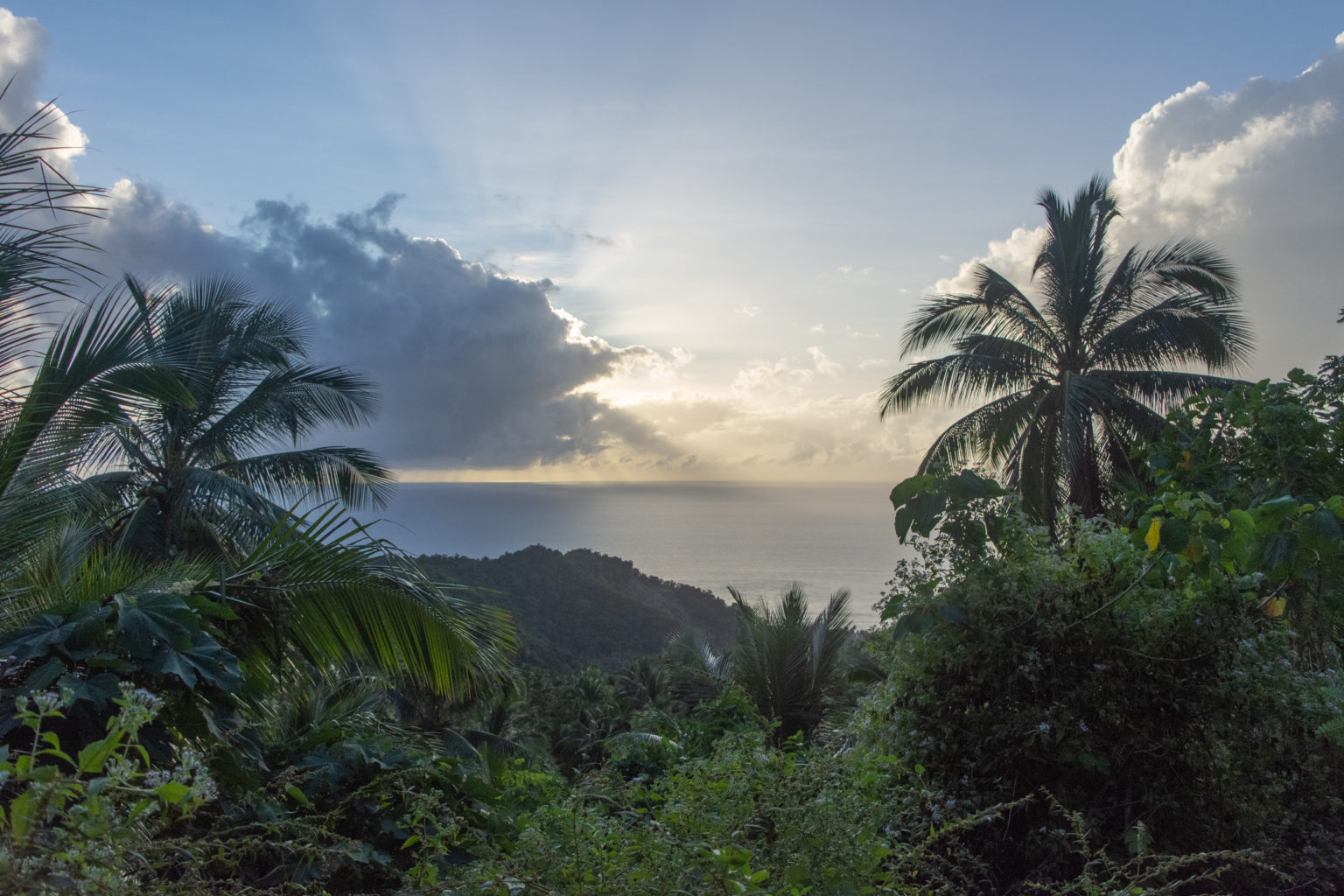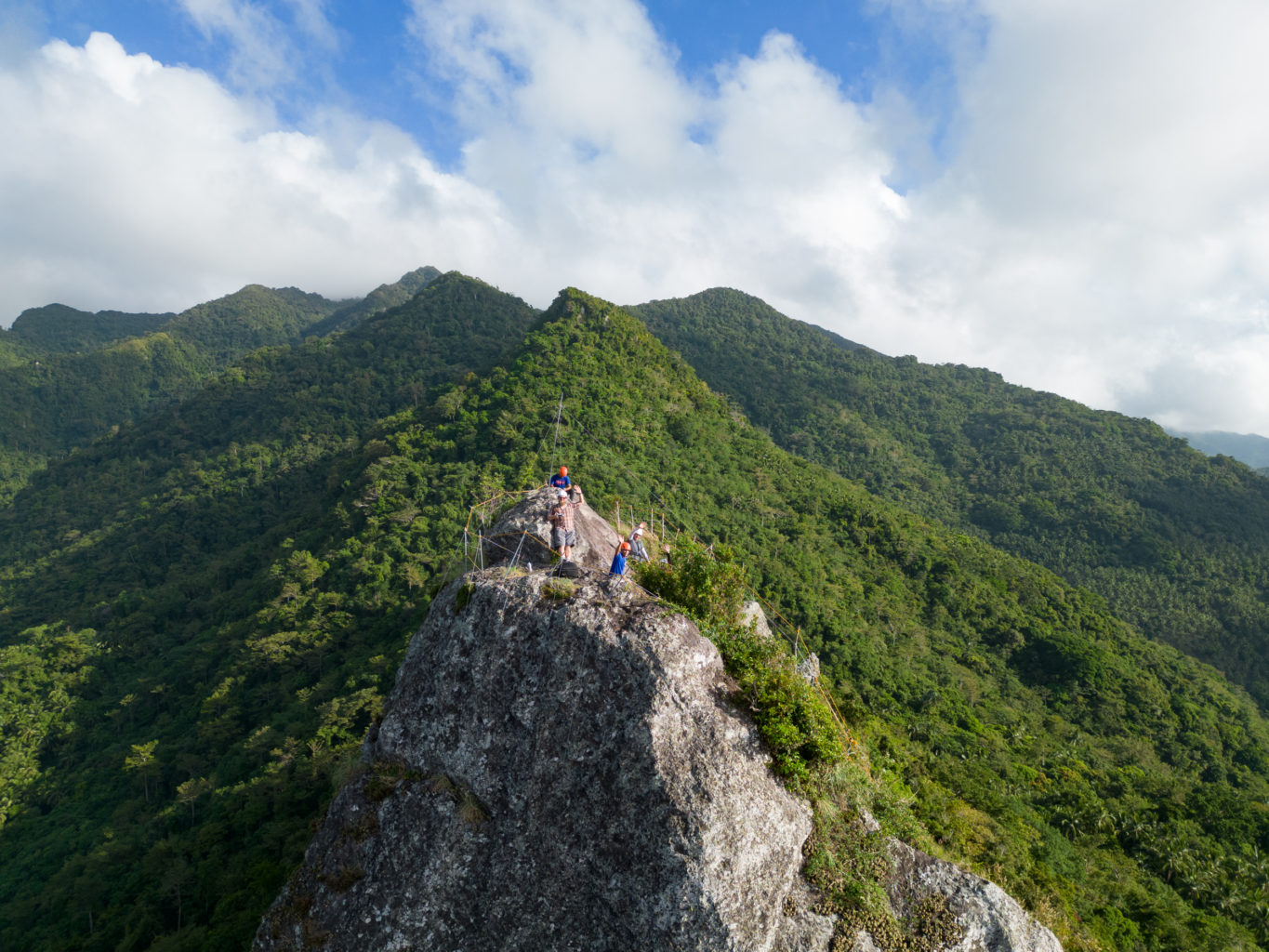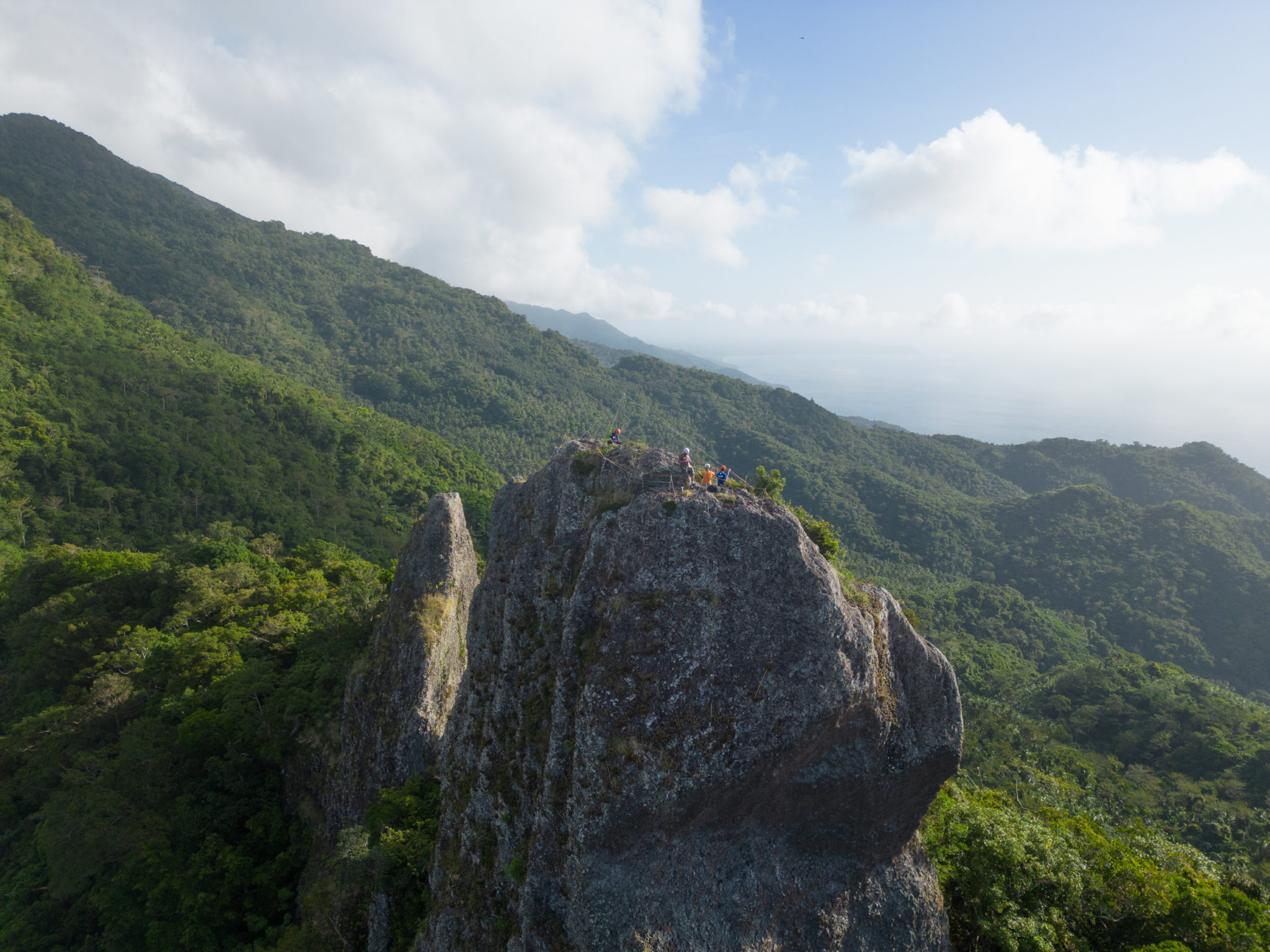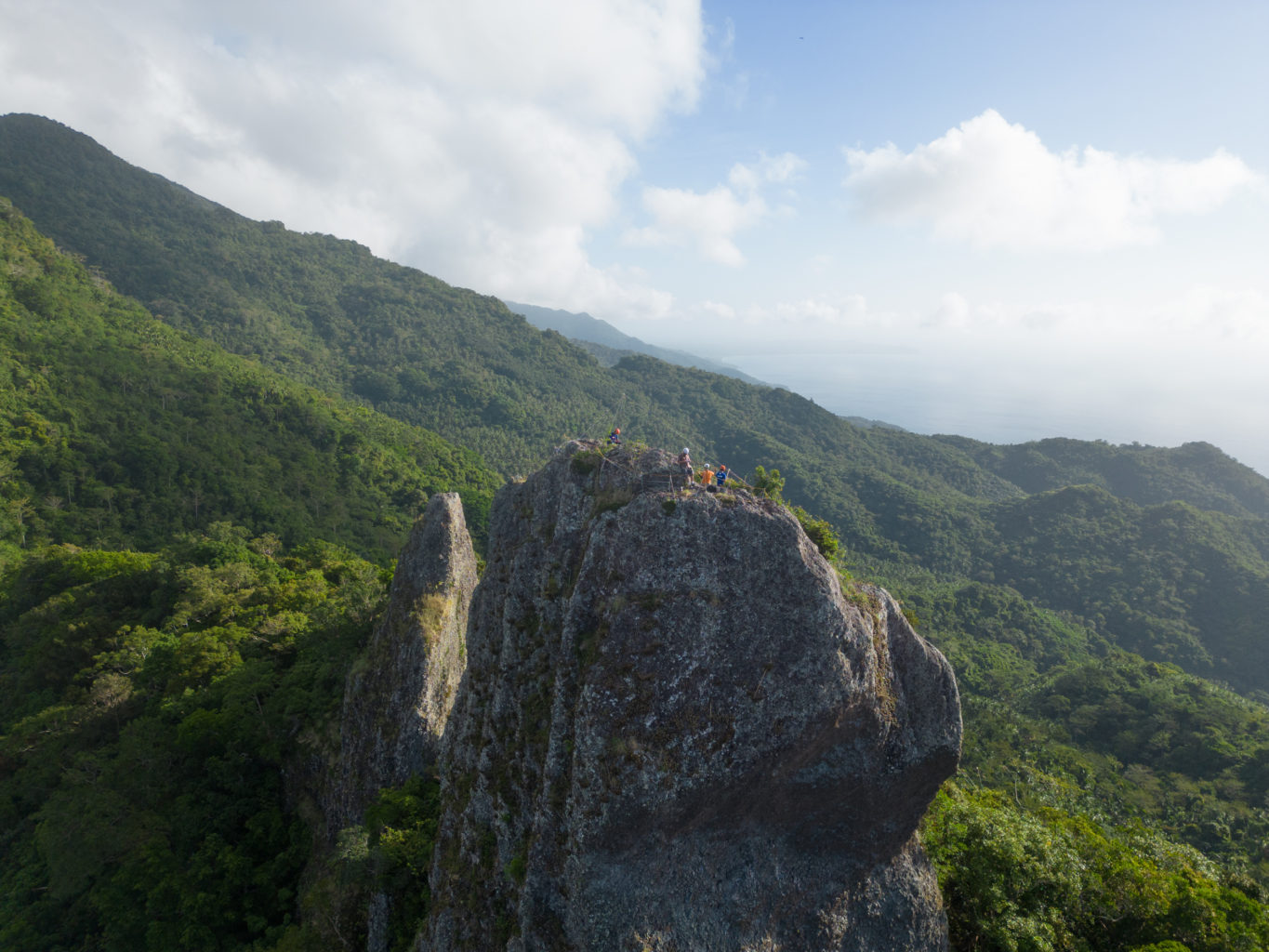The central Philippines, where the narrow Verde Island Passage separates the islands of Luzon and Mindoro, is home to huge numbers of fish species, whale sharks, several kinds of sea turtles, and an enormous variety of corals. But precisely because so many endemic species are concentrated in such a small area, habitat destruction there would be disastrous.
Lobo Municipality, which borders the Verde Island Passage, will protect 118 acres of forest that drain into the passage. The forest, dominated by tropical hardwoods, is home to the Philippine long-tailed macaque and wild boar. The community will also continue to support three local fish sanctuaries, Sawang, Malabrigo, and Biga. Many people in the village are fish wardens, who help enforce the restrictions.
The community will use Seacology’s help to foster ecotourism based on the spectacular Nalayag peaks of nearby Mt. Masalakot. The community will build a solar-powered visitors center and improve the Nalayag Ecotrail with guardrails and a campsite with huts and restrooms. Community members will train as guides. About 1,100 visitors went to Mt. Nalayag last year; the target is to increase this number to 7,600, being careful not to overwhelm the trails and campsites. The community will impose a daily limit on the number of hikers, and will close the trail each Monday.
Bantay Kalikasan and the Lobo Municipal Tourism Office will provide guide training for community members, many of whom now make a living by fishing. The new guides will have a way to support themselves without fishing, reducing pressure on fish stocks. They will also be deputized as forest rangers and will be on the lookout for illegal clearing of trees.


